https://ebookmass.com/product/netter-cuaderno-de-
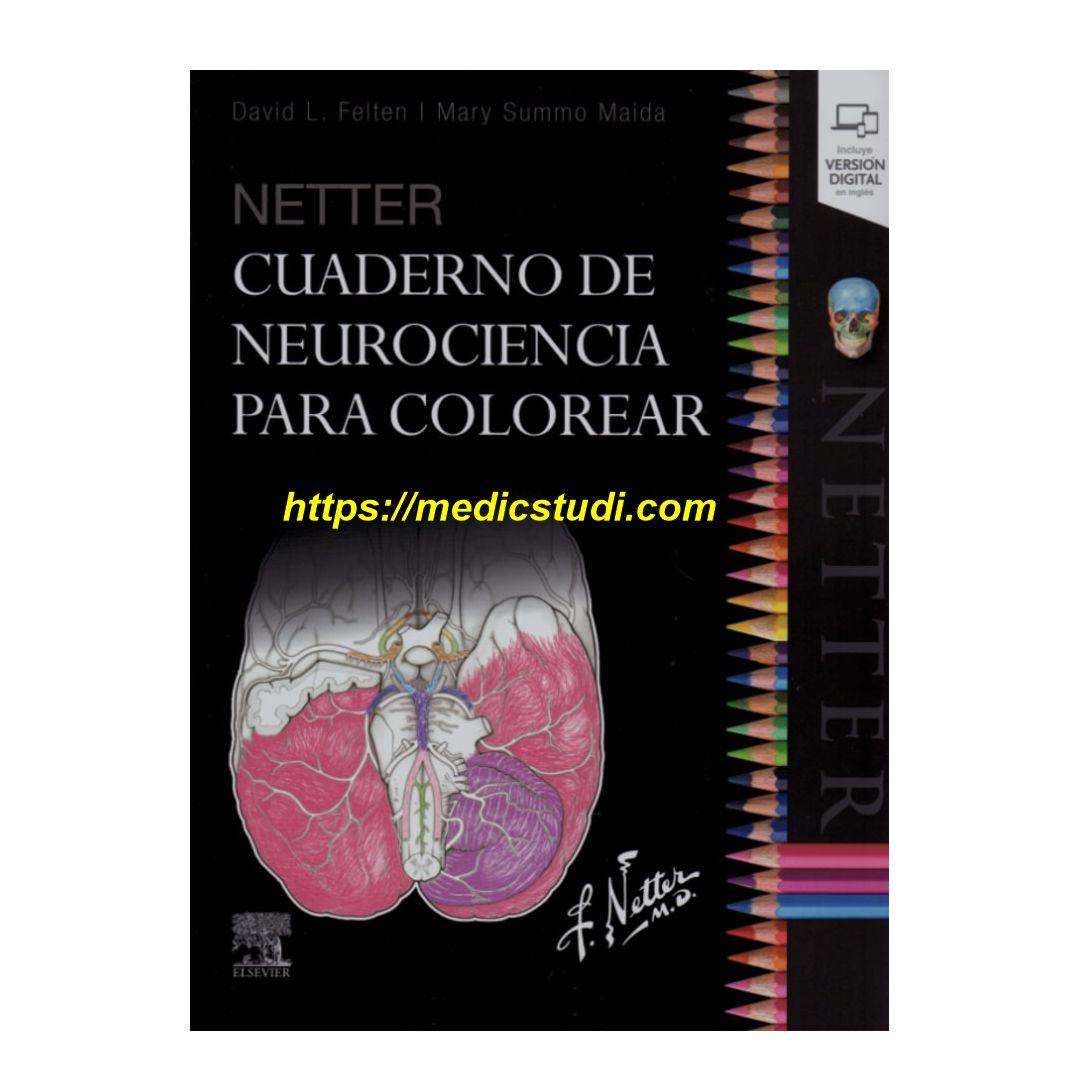
More products digital (pdf, epub, mobi) instant download maybe you interests ...
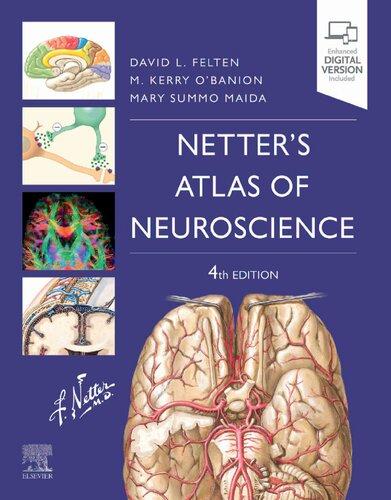
Netter's Atlas of Neuroscience 4th Edition David L. Felten
https://ebookmass.com/product/netters-atlas-of-neuroscience-4thedition-david-l-felten/

Fundamentos de electromagnetismo para ingeniería David K. Cheng
https://ebookmass.com/product/fundamentos-de-electromagnetismopara-ingenieria-david-k-cheng/

Netter Flashcards de anatomía 4a Edition John T. Hansen
https://ebookmass.com/product/netter-flashcards-deanatomia-4a-edition-john-t-hansen/

Láminas de autoaprendizaje de corazón y grandes vasos Frank Henry Netter
https://ebookmass.com/product/laminas-de-autoaprendizaje-decorazon-y-grandes-vasos-frank-henry-netter/

Excel Para Profissionais de Finanças Jocildo Figueiredo
Correia Neto
https://ebookmass.com/product/excel-para-profissionais-definancas-jocildo-figueiredo-correia-neto/

Fundamentos
Jay L. Devore
de Probabilidad y Estadística 1st Edition
https://ebookmass.com/product/fundamentos-de-probabilidad-yestadistica-1st-edition-jay-l-devore/

Yoga en silla para mayores de 60 años 1ª Edition
Michael Smith
https://ebookmass.com/product/yoga-en-silla-para-mayoresde-60-anos-1a-edition-michael-smith/

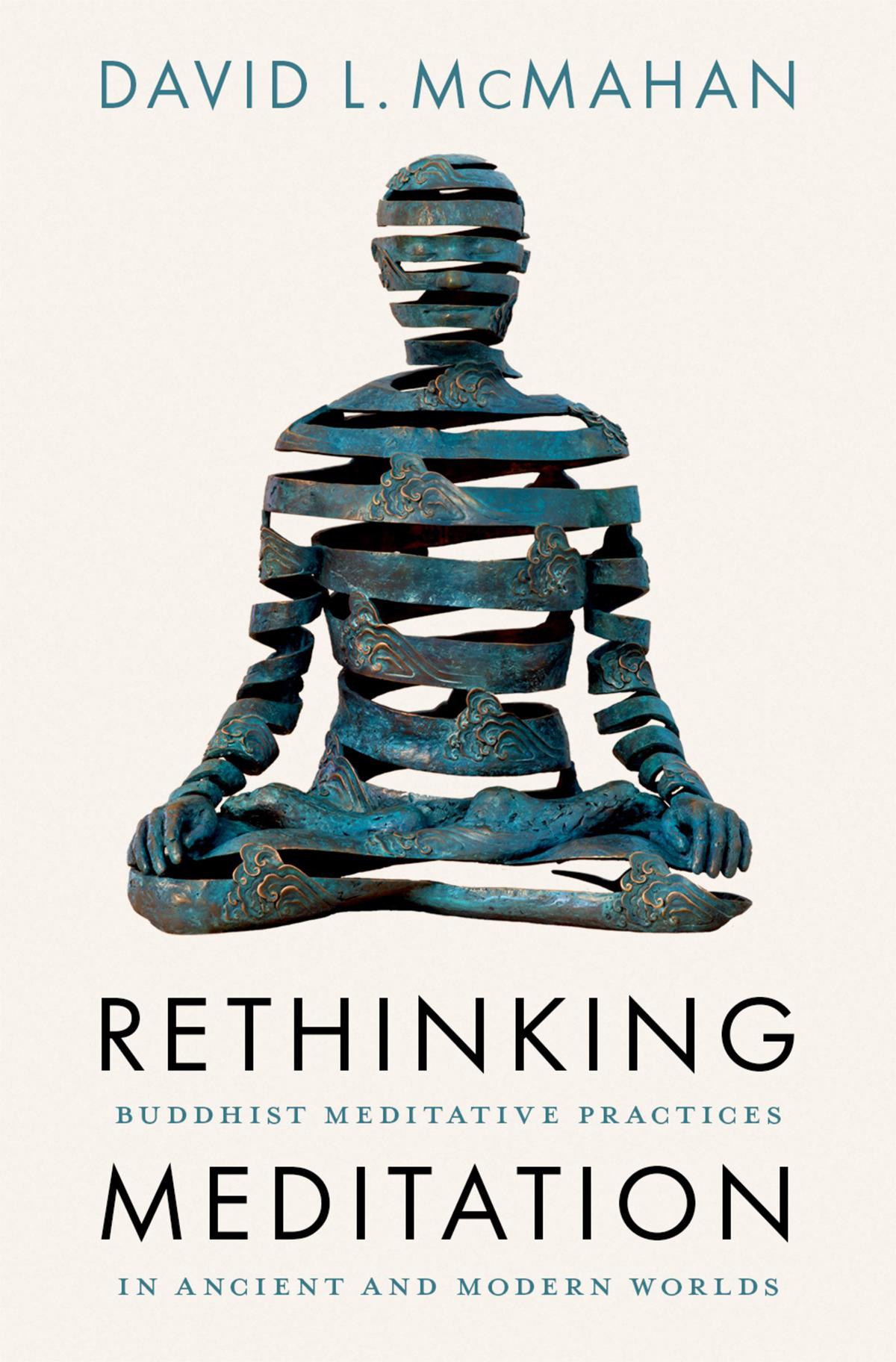
Probabilidad y Estadística para Ingeniería y Ciencias
9■■ Edición Edition Jay L. Devore
https://ebookmass.com/product/probabilidad-y-estadistica-paraingenieria-y-ciencias-9%e2%81%bf%e1%b5%83-edicion-edition-jay-ldevore/ Rethinking Meditation David L. Mcmahan
https://ebookmass.com/product/rethinking-meditation-david-lmcmahan/
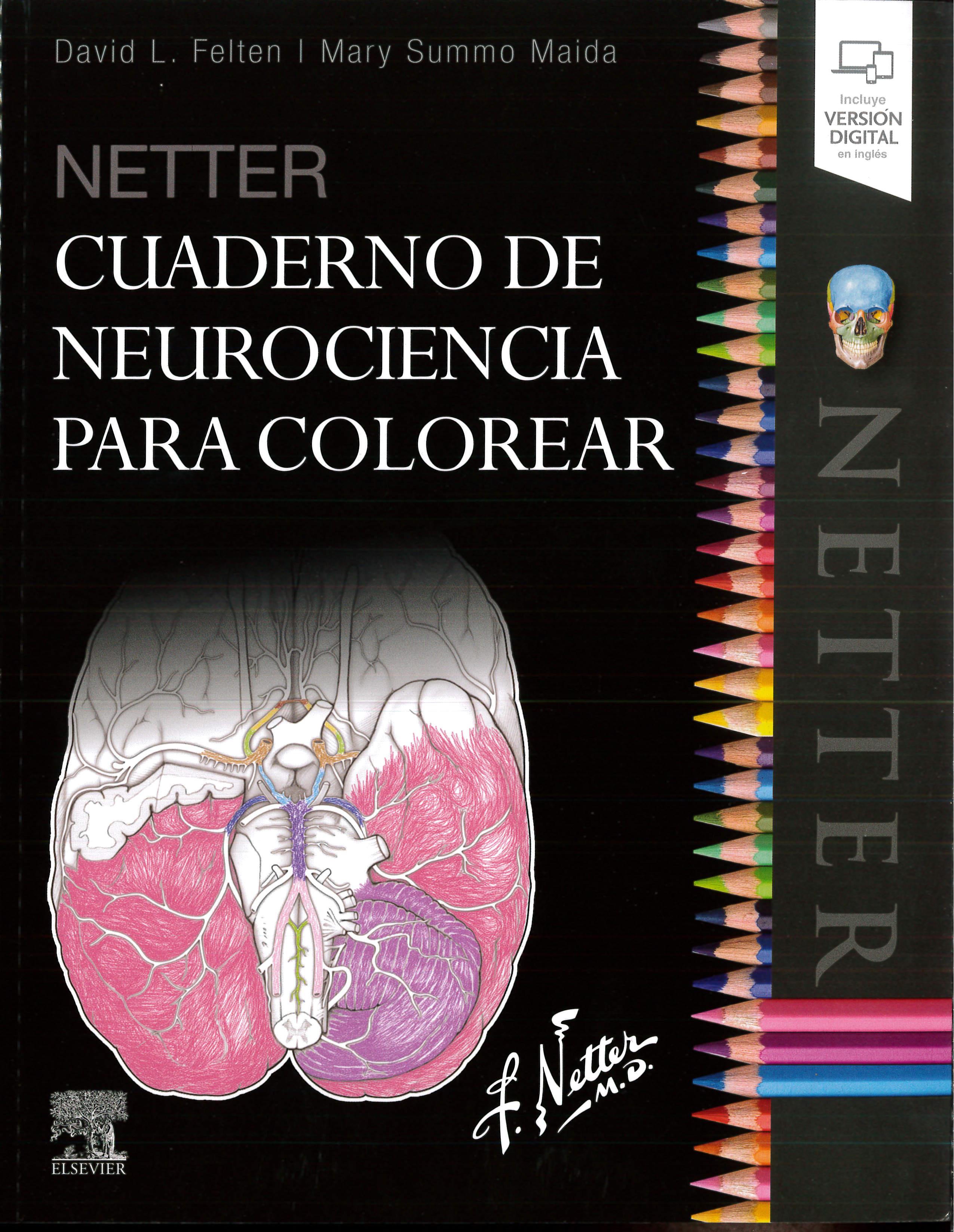

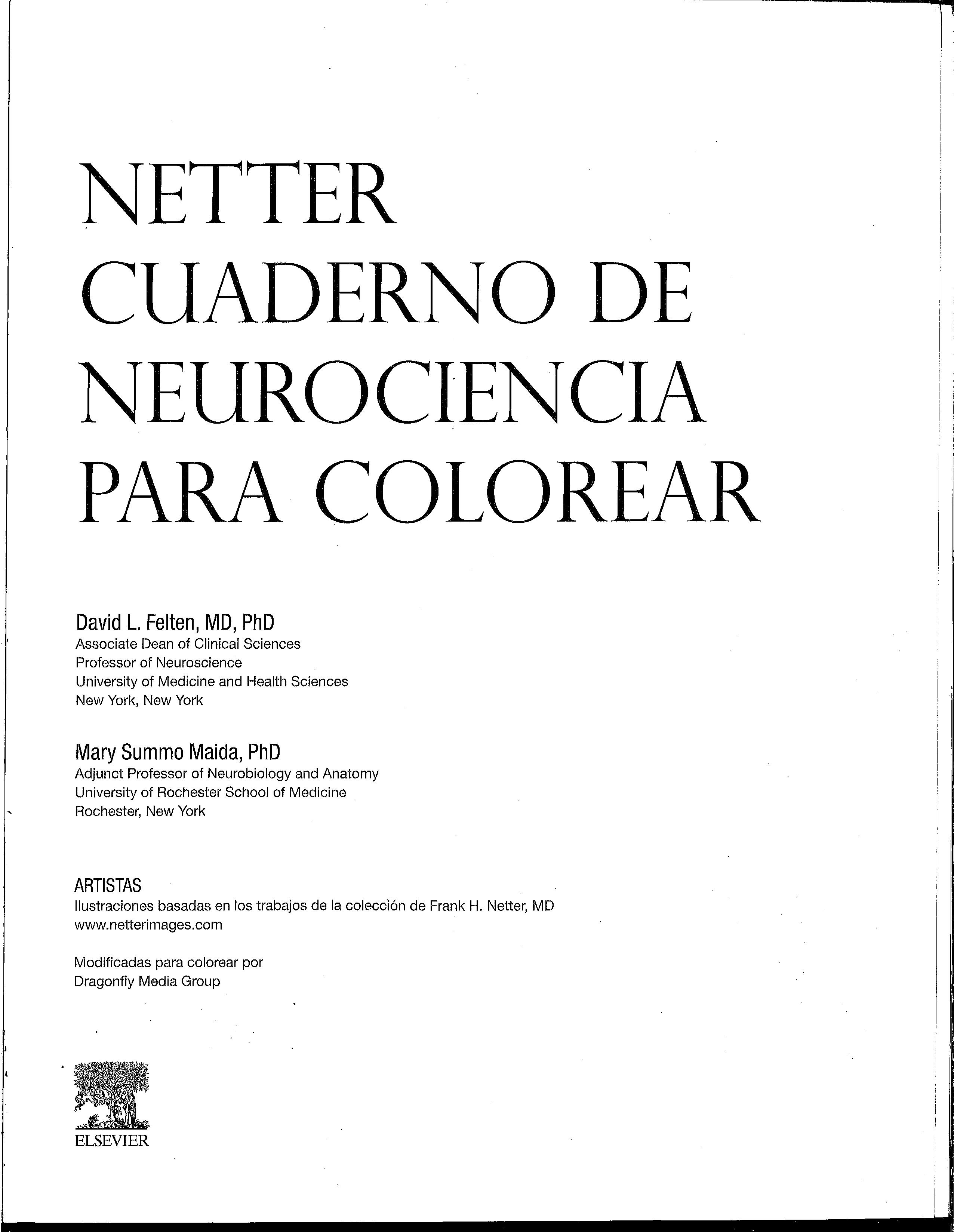
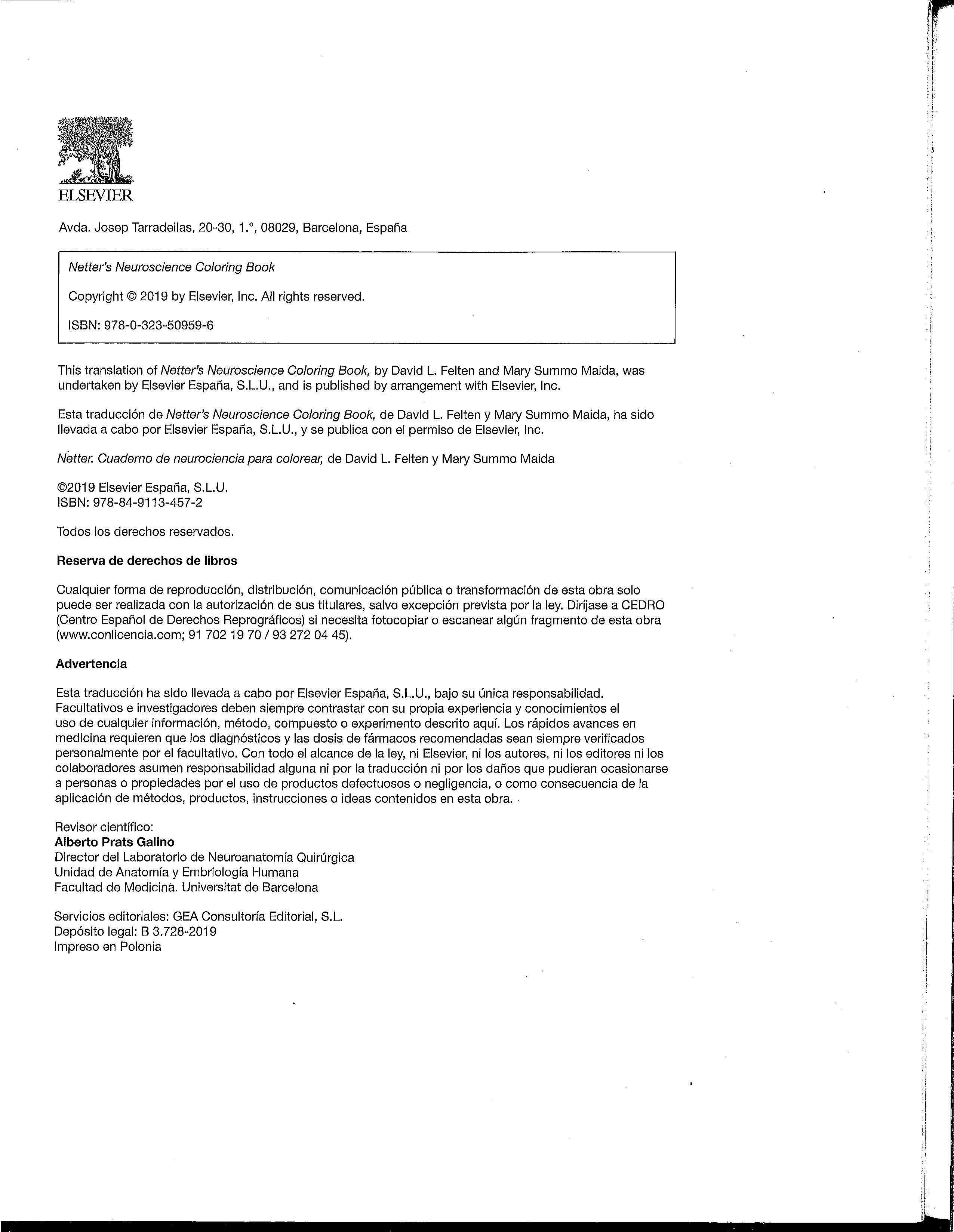
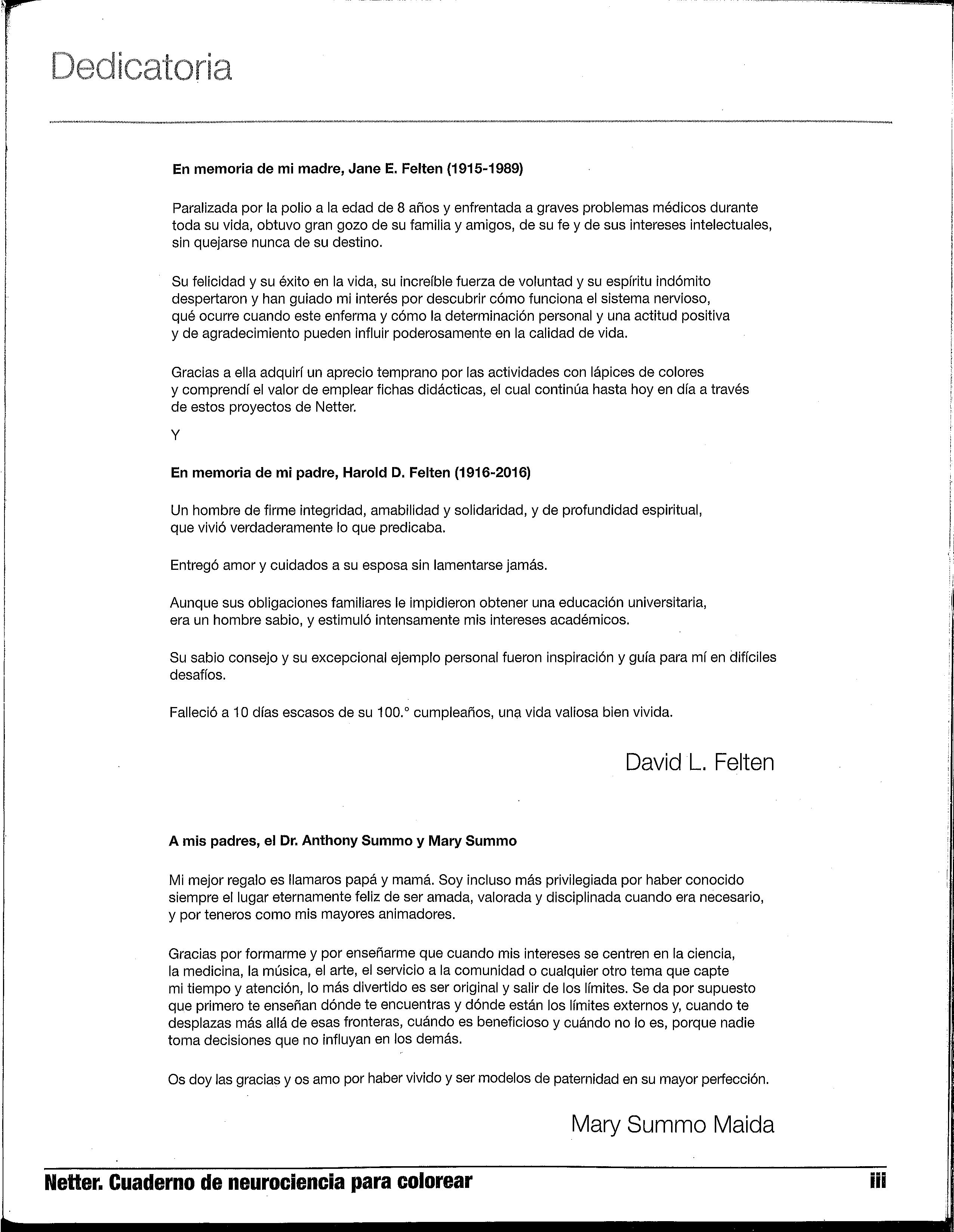
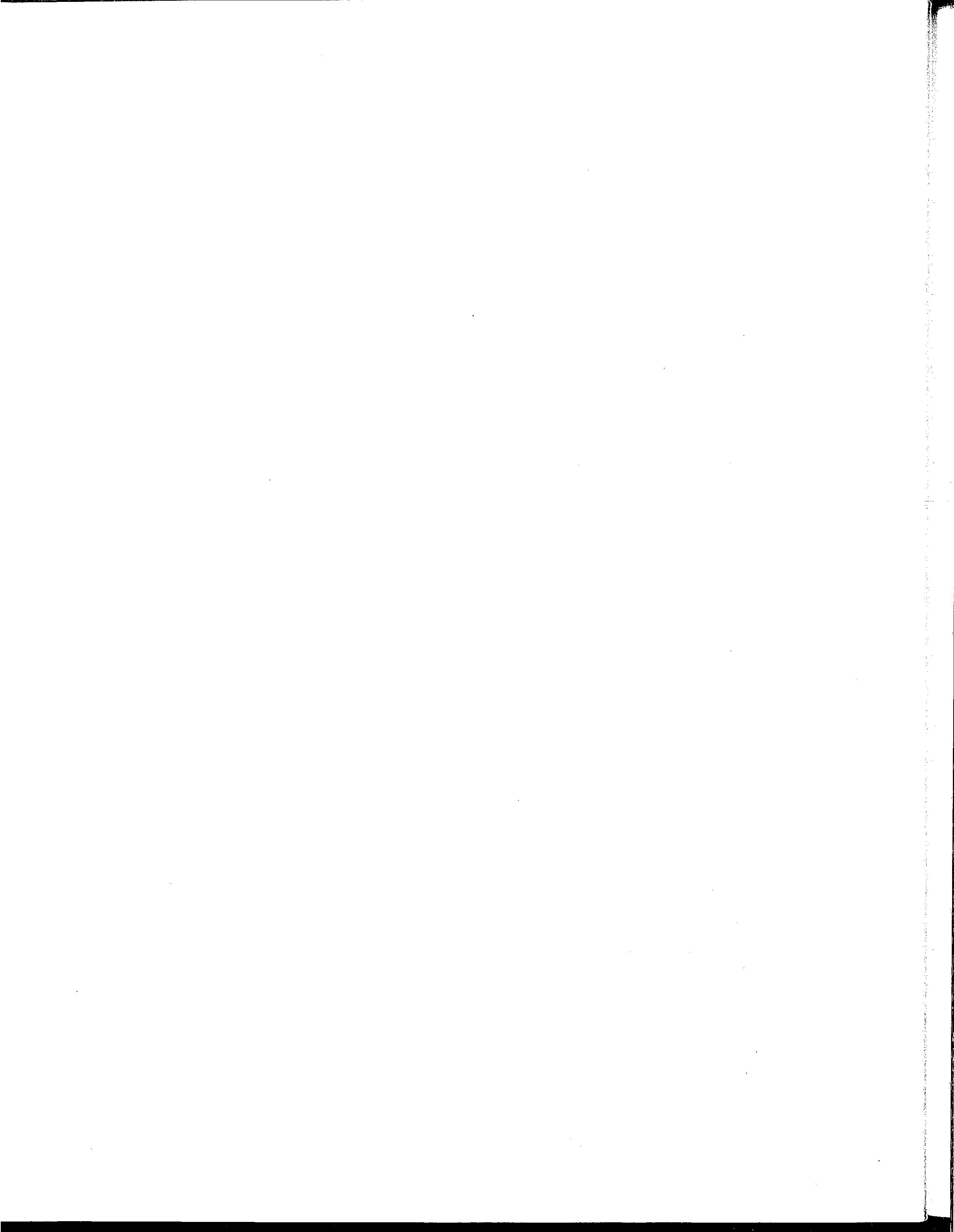
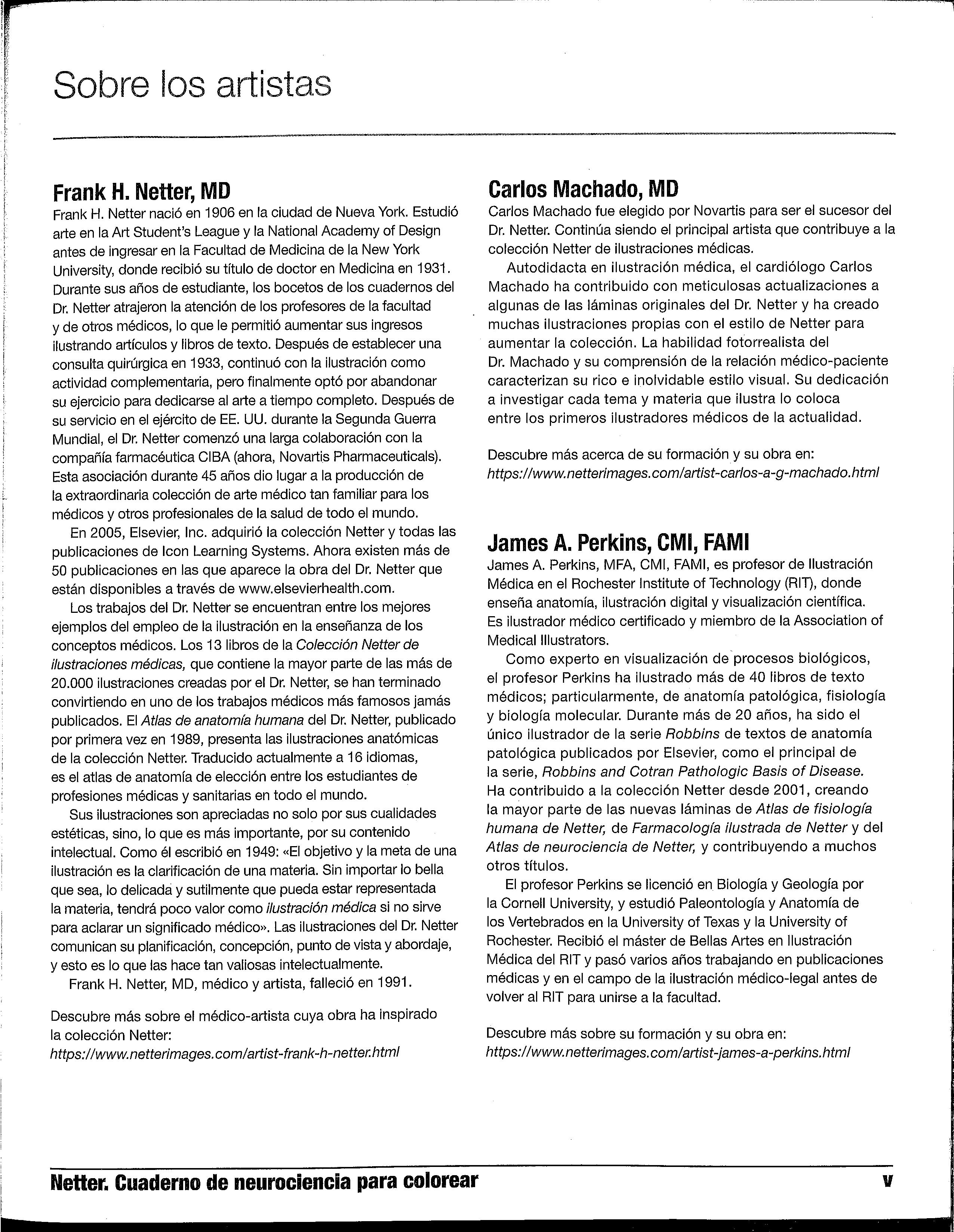

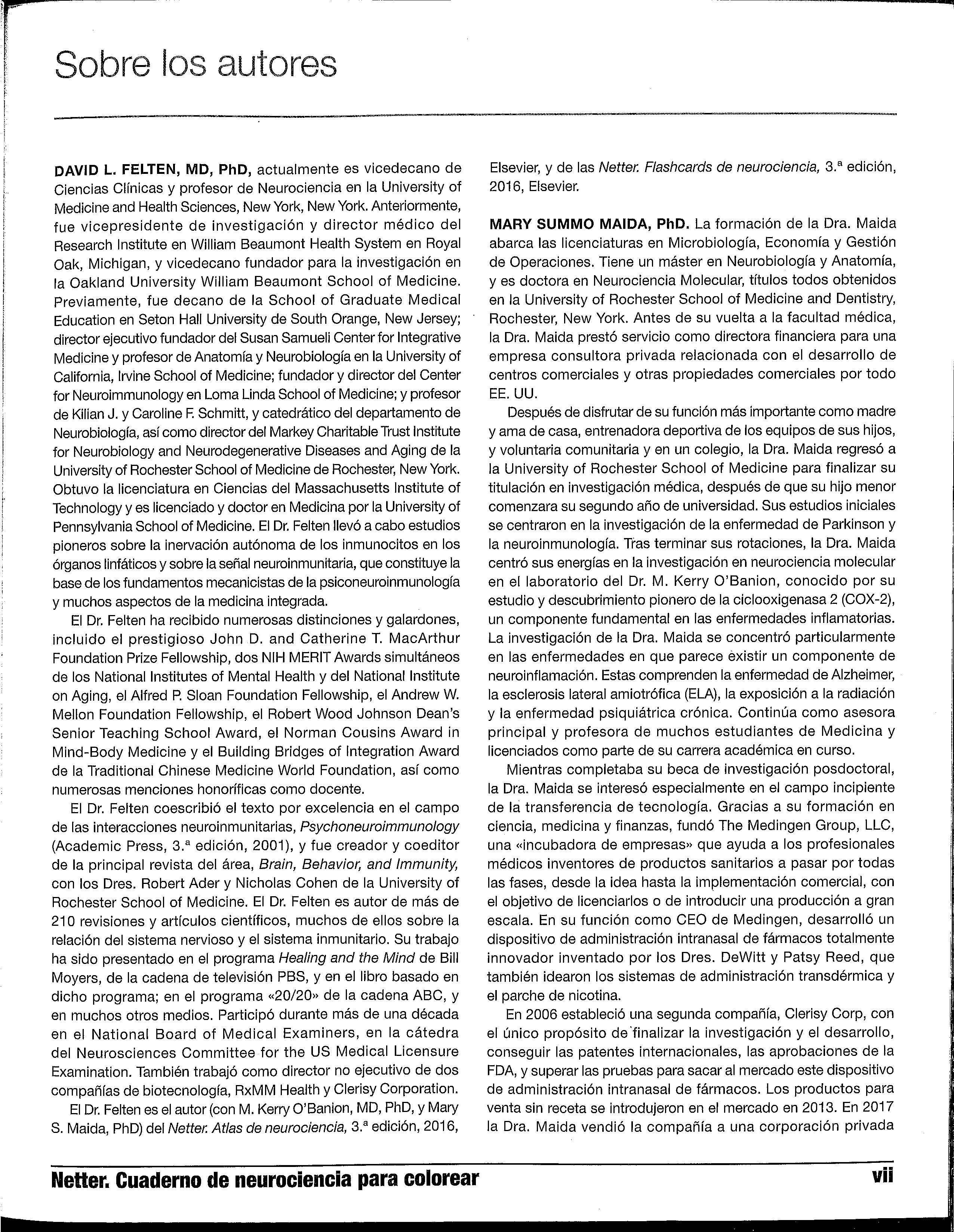
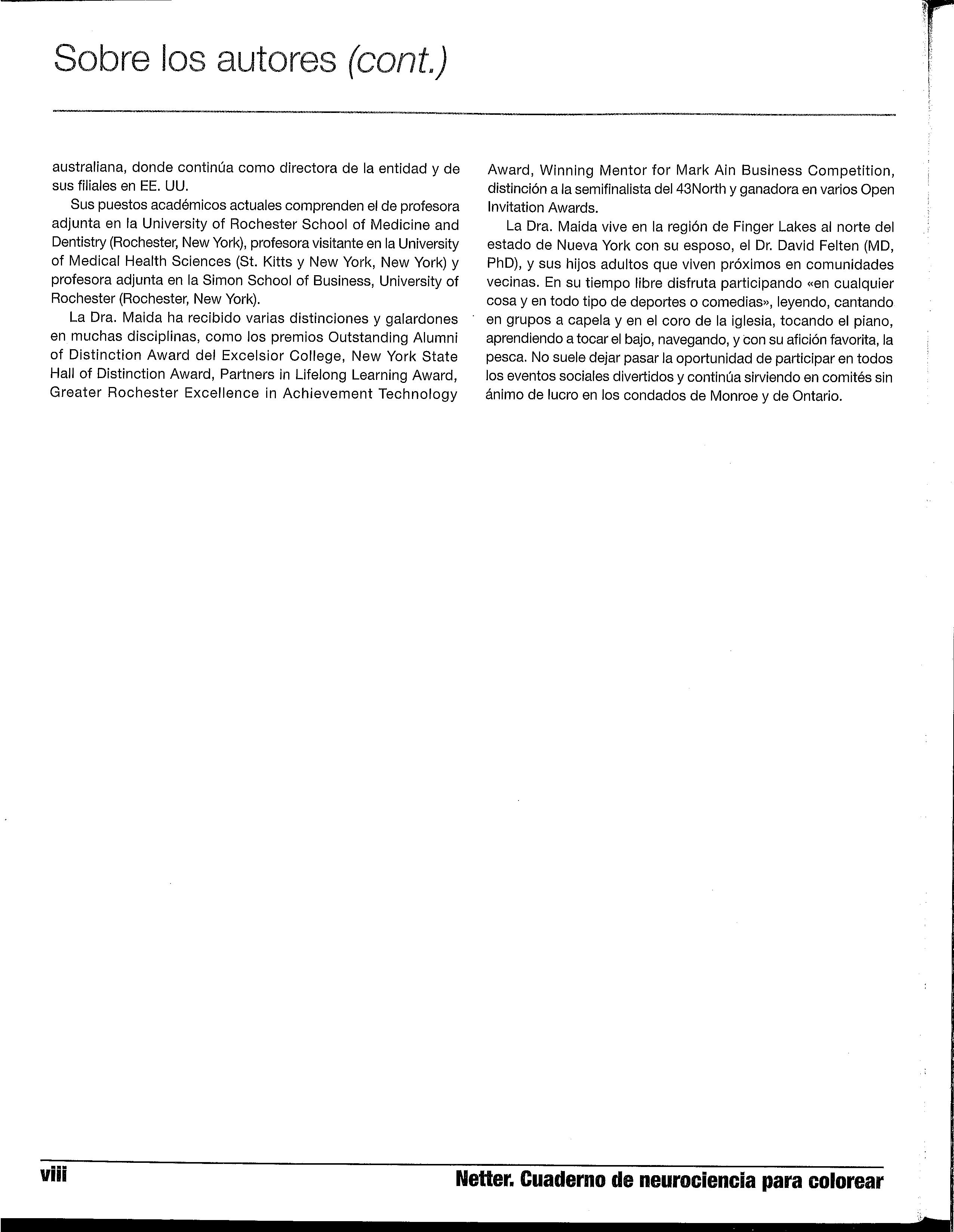
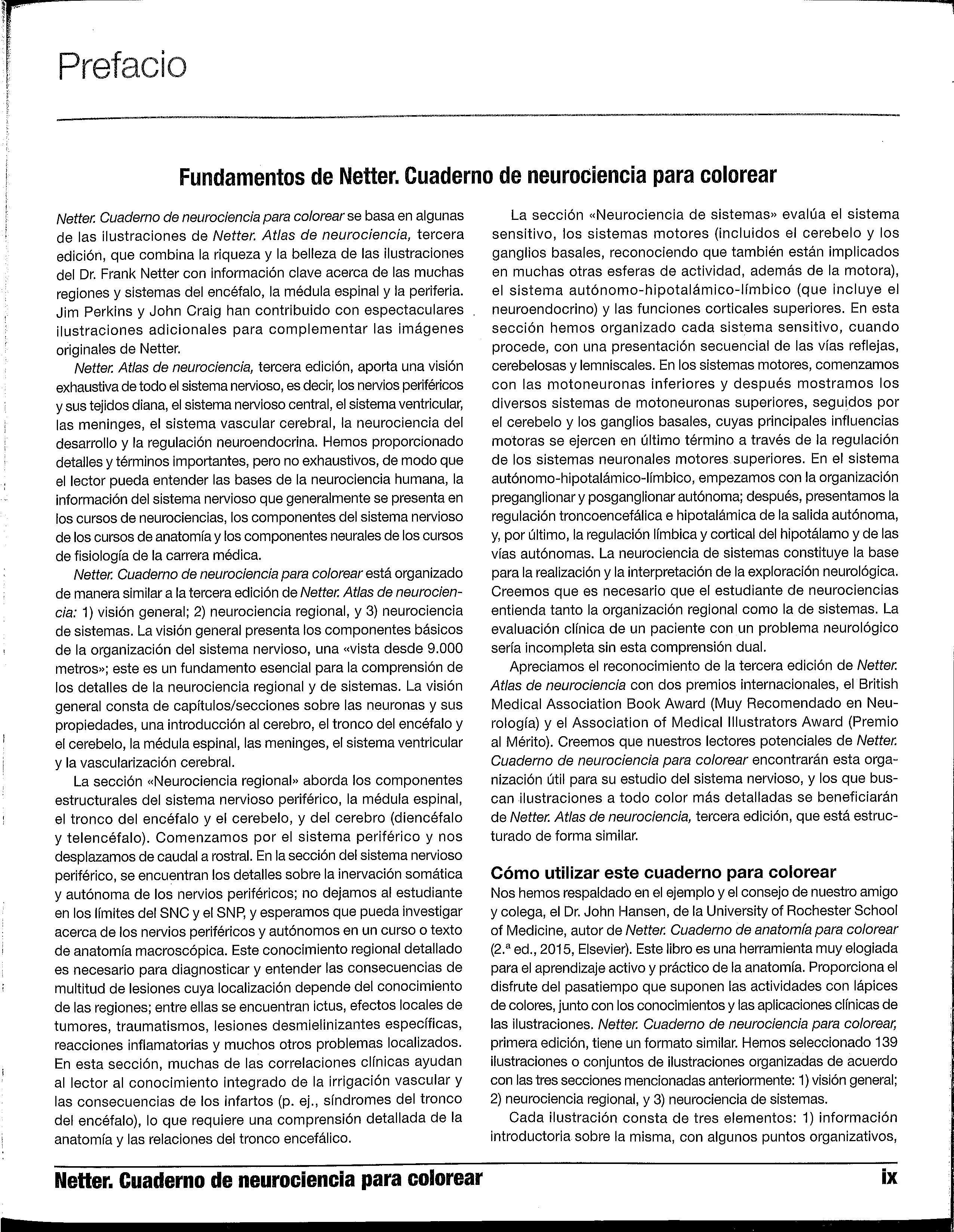
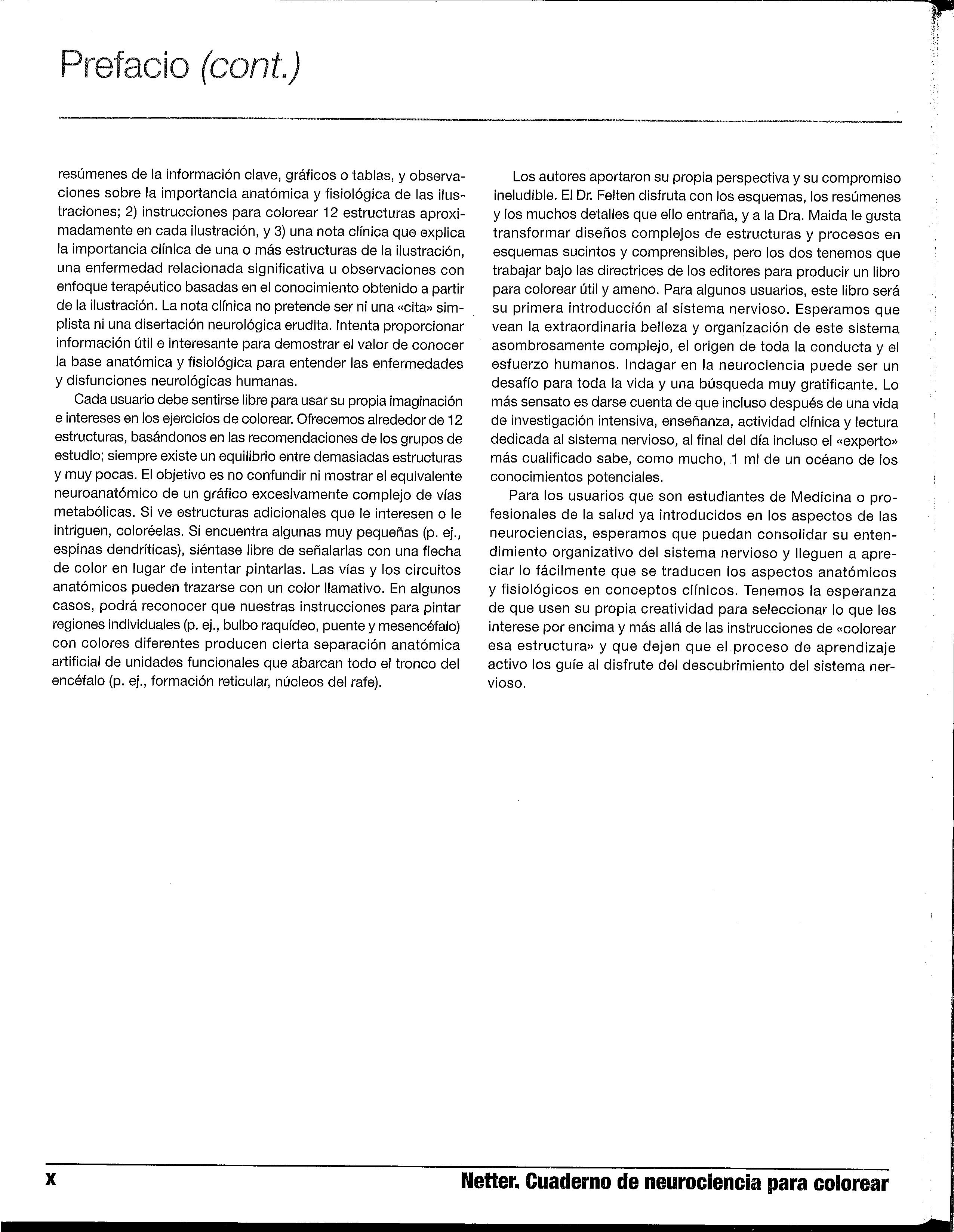
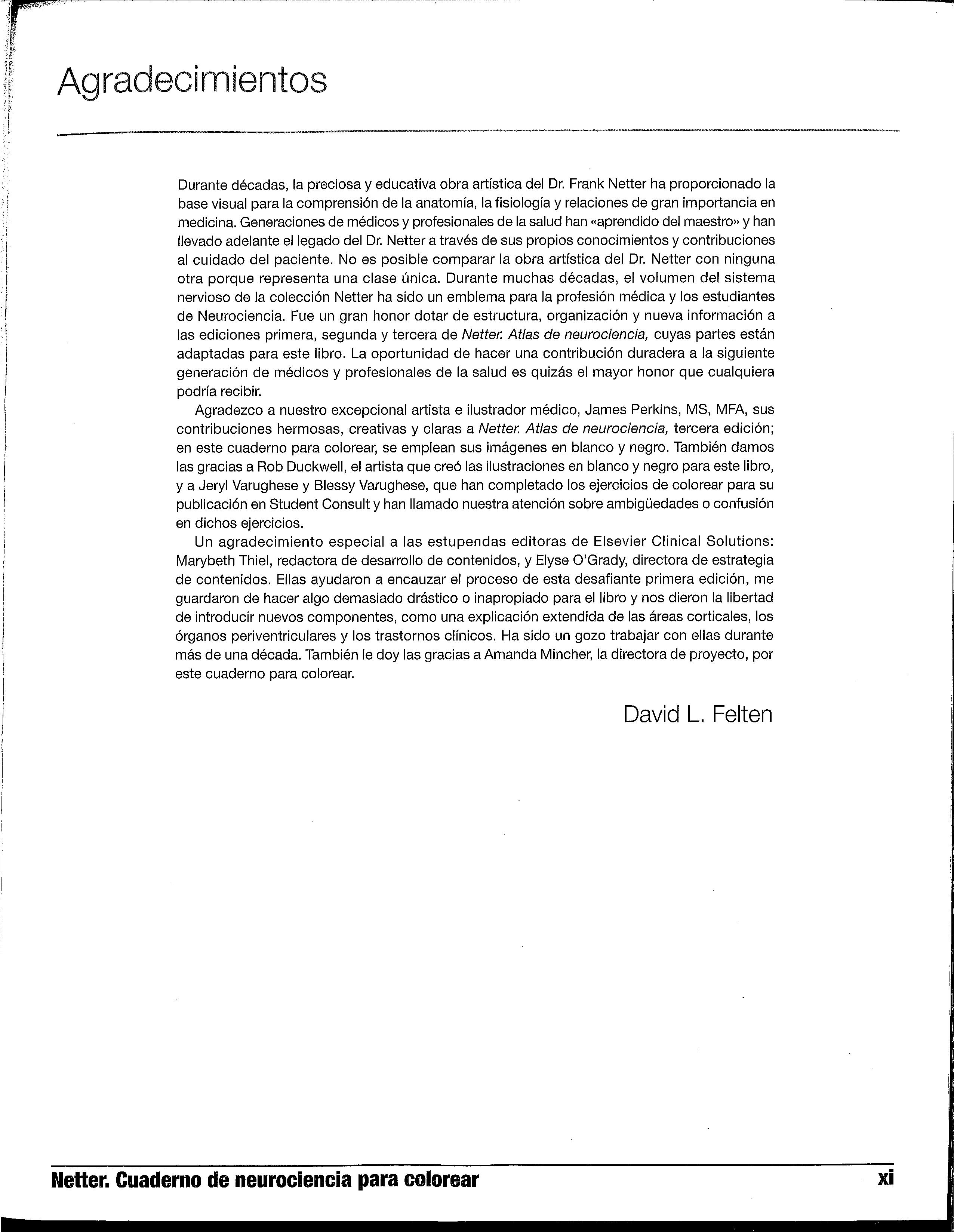
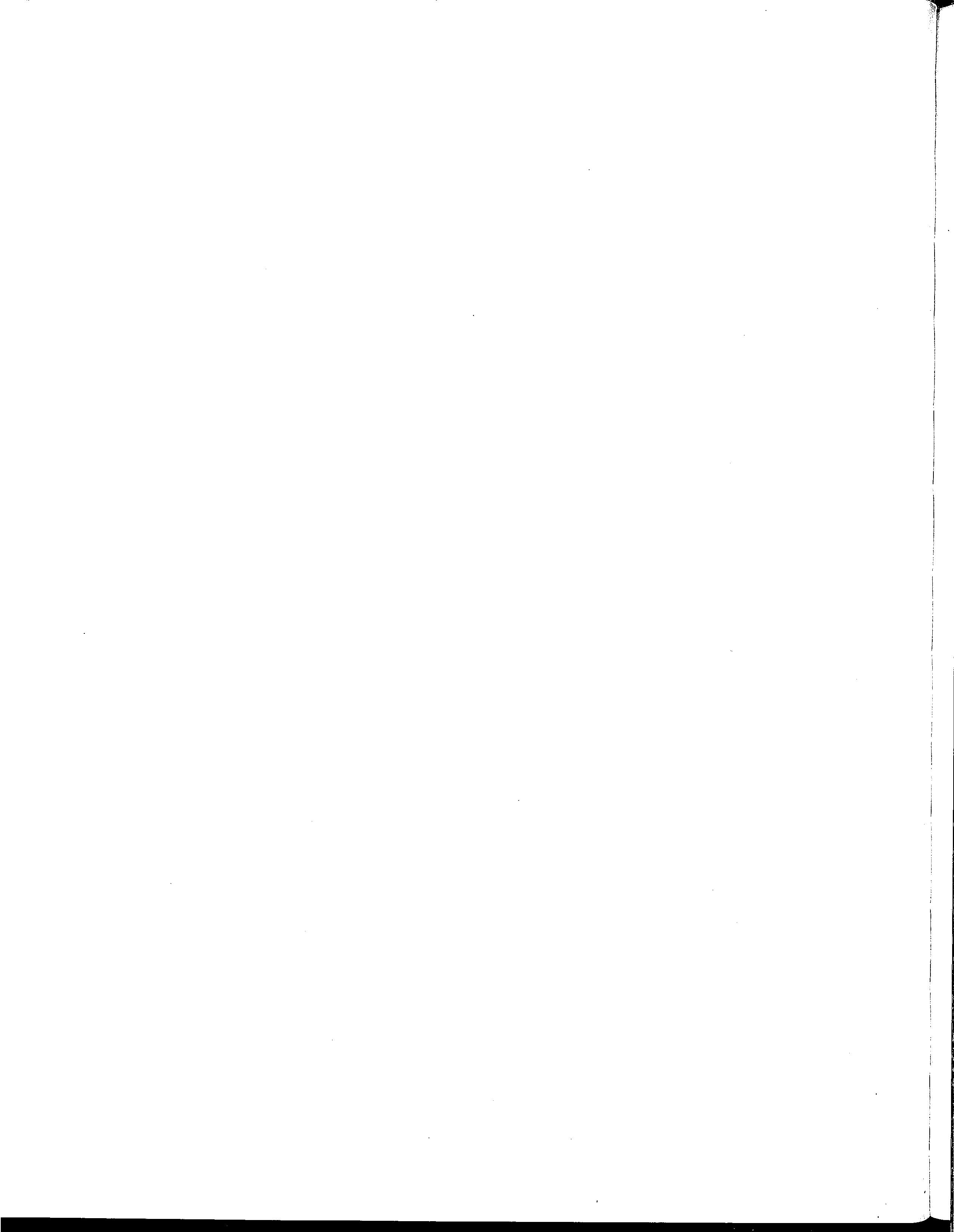
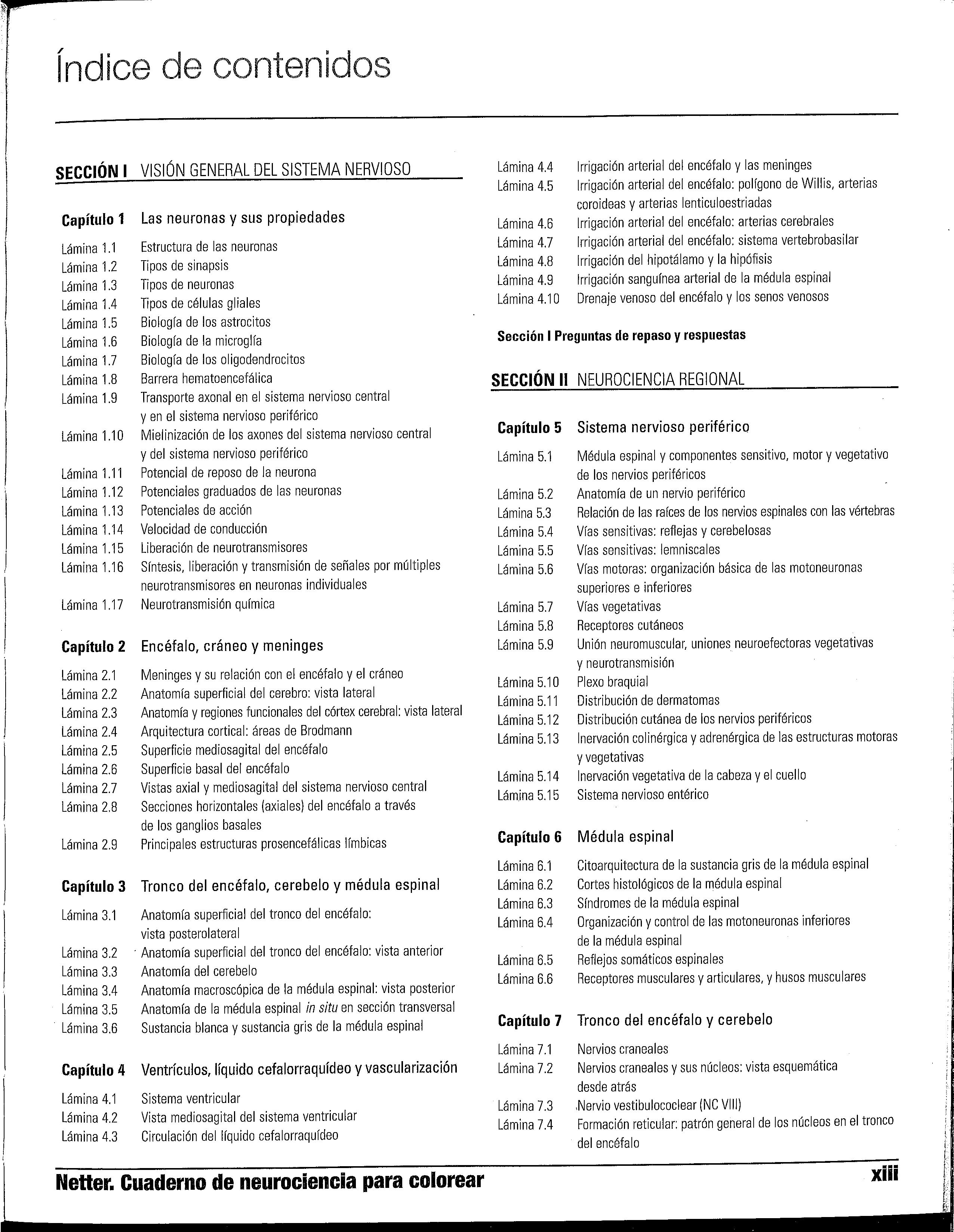
Another random document with no related content on Scribd:
is Milton himself in his own practice a greater and more triumphant vindicator of rhyme than Campion, but Daniel’s strongest and soundest argument, “Why condemn this thing in order to establish that?” applies far more strongly to blank verse than to Campion’s artificial metres. Custom and Nature, those greater Cæsars to whom Daniel so triumphantly appealed, had already settled it, as they were to confirm it later, that rhymed and unrhymed verse, each obeying the natural evolution of English prosody, should be the twin horses to draw its car. But Milton never developed his antipathy to rhyme (which in all probability arose, mainly if not merely, from the fact that nearly all the most exquisite rhymers of his time, except himself, were Cavaliers) in any critical fashion, contenting himself with occasional flings and obiterdicta.[484]
Cowley.
Another poet of the time, Cowley, ought to have given us criticism of real importance. He had the paramount, if not exclusive, literary interests which are necessary to a great critic; he had the knowledge; and he was perhaps the first man in England to possess the best kind of critical style—lighter than Daniel’s, and less pregnant, involved, and scholastic than Jonson’s— the style of well-bred conversational argument.[485] But he was a little bitten with the scientific as opposed to the literary mania, and, in his own person, he was perhaps too much of a Janus as regards literary tastes to be able to give—or indeed to take—a clear and single view. There were, as in Lope, two poets in Cowley, and each of these was wont to get in the way of the other. The one was a “metaphysical” of the high flight, who at least would, if he could, have been as intensely fantastic as Donne, and as gracefully fantastic as Suckling. The other was a classical, “sensible,” coupletpoet, who was working out Ben Jonson’s theories with even less admixture of Romanticism than that which tinged Ben Jonson’s practice. The entanglement of these was sufficiently detrimental to his poetry; but it would have been absolutely fatal to his criticism, which must either have perpetually contradicted itself or else have wandered in a maze, perplexing as perplexed.
It is with Davenant’s Preface to Gondibert, in the form of a Letter to Hobbes, and with Hobbes’s answer to it,[486] that England strikes
The Prefatory matter of Gondibert.
once more into the main path of European critical development. And it is of capital importance that, both the writers being exiled royalists, these documents were written at Paris in the year 1650. There was much interest there in English affairs, while, as we have seen, the habit of literary discussion had, for more than a generation, become ingrained in Frenchmen. When Davenant set himself to write Gondibert, he was doing exactly what Chapelain and Desmarets and the rest were doing; and when he and his greater friend exchanged their epistles, they were doing exactly what all the French literary world had been doing, not merely, as is commonly thought, from the time of the Cid dispute, but from one much earlier. Taking all things together, it was natural that the subject should be the HeroicPoem, which had been a favourite of Italian and French critics for some seventy years and more, but had been little touched in England, though the conclusion of Ben’s Discoveries shapes a course for it. Hints have been given before in this History that in the opinion of its writer the “Heroic Poem” had much in common with that entity which was long without a literary name, but which an admirable humourist has now enabled us to describe scientifically as a Boojum[487]—that is to say, it was not only something undiscoverable, but something which had a malign and, indeed, destructive influence on those who thought they had discovered it.
The “Heroic Poem” was to be neither pure Romance nor pure Epic, but a sort of medley between the two. Or, rather, it was to be a thing of shreds and patches, strictly epic (or at least Virgilian-epical) in theory and rules, but borrowing from Romance whatever it could, as our Elizabethans would say, “convey cleanly” enough in the way of additional attractions. The shreds and patches, too, were not purely poetical: they were not taken simply from Homer and Virgil, nor even from Horace, Virgil, Lucan, Statius, and the rest down to that Musæus whom Scaliger thought so superior to the Chian. A great deal of ancient critical dictum was brought in, and as Aristotle and Horace had said less about Epic than about Drama, they were to be supplemented from others, especially by that treacherous and somewhat obscure
The “Heroic Poem.”
passage of Petronius which has been commented on in its place. In fact the whole of this Heroic-Poem matter is a sort of satire on criticism by Kinds, in its attempt—and failure—to discover a kind. If the founders of the novel (who, indeed, in some notable cases were by no means free from the obsession) had persisted in constructing it on the lines of the Heroic Poem, it would indeed have been all up with Fiction. To read Tasso (who, as we might expect, is not the least reasonable) and others, from Ronsard and Du Bellay down to Desmarets and Le Bossu (both of whom, let it be remembered, wrote some time after Davenant)—to find even Dryden a Martha of “machinery,” and comforting himself with a bright new idea of getting the deorum ministeria out of the limited intelligences of angels, so that you might not know at once which side was going to win, as you do in the ordinary Christian Epic[488]—is curious. Nay, it is more—humorous, with that touch of “the pity of it” which humour nearly always has.
The ingenious knight, in explaining his performance and its principles to his friend the philosopher, takes a very high tone. Homer, Virgil, Lucan, and Statius are passed successively in review, and receive each his appropriate compliment, put with dignified reserves, especially in the two latter cases. Only two moderns are admitted—Tasso of the Italians—“for I will yield to their opinion who permit not Ariosto—no, not Du Bartas —in this eminent rank of the heroicks, rather than to make way by their admission for Dante, Marino, and others”[489]—and Spenser of our own men. But Tasso is roundly taken to task for his fairy-tale element, Spenser for his allegory and his archaism. And the faults of all from Homer downwards are charged against “the natural humour of imitation.”[490]
Davenant’s Examen.
After a by no means despicable, but somewhat rhapsodical, digression on this—it is to be observed that Davenant uses “Imitation” in the frank modern sense—and an apology for it as “the dangerous fit of a hot writer,” he gives reasons, partly no doubt drawn from Italian and French sources, why he has made his subject (1) Christian, (2) antique but not historical, (3) foreign, (4) courtly and martial, (5) displaying the distempers of love and ambition.
Then he expounds in turn his arrangement of five books (to correspond to acts), with cantos to answer to scenes,[491] his arguments, his quatrain-stanza. He asserts that “the substance is wit,” and discusses that matter at some length, and with a noteworthy hit at conceits, which reminds us that Davenant was à cheval between the First and the Second Caroline period. He indulges in not unpardonable loquacity about his poetic aspirations, with a fresh glance at the great poets of old, and brings in thereby, with some ingenuity but at too great length as a finale, the old prefatory matter of the ArtsPoeticabout the importance and dignity of poetry in the world, concluding exactly where most begin, with Plato and that “divine anger” of his which some have turned to the “unjust scandal of Poesie.” And so a pleasant echo of Sir Philip blends agreeably with the more prosaic tone, and time, and temper of Sir William.
Hobbes, as we should expect, is much briefer; and those bronze sentences of his (though he had not at this time quite brought them to their full ring and perfect circumscription) give no uncertain sound. He is not, he says, a poet (which is true), and when he assigns to Gondibert “various experience, ready memory, clear judgment, swift and well-governed fancy,” it is obvious enough that all these might be there and yet poetry be absent. He divides the kinds of poetry “swiftly” enough, and ranges himself with his customary decision against those who “take for poesy whatsoever is writ in verse,” cutting out not merely didactic poetry, but sonnets, epigrams, and eclogues, and laying it down that “the subject of a poem is the manners of men.” “They that give entrance to fictions writ in prose err not so much,” but they err. And accordingly he begins the discussion of verse. He does not quarrel with Davenant, as Vida would have done, for deliberately eschewing Invocation; and rapidly comments on the plot, characters, description, &c., of the poem. On the head of diction he would not be Hobbes if he could or did spare a sneer at words of no sense, words “contunded by the schools,” and so forth. And since he is Hobbes, there is piquancy in finding him at one with Walton in the objection to “strong lines.” He is rather striking on a subject which
Hobbes’s Answer.
has been much dwelt on of late, the blunting of poetic phrase by use. And when he says that he “never yet saw poem that had so much shape of art, health of morality, and vigour of beauty and expression” as Gondibert when, in the odd timorousness he had caught from Bacon, he adds, that it is only the perishableness of the modern tongues which will prevent it from lasting as long as the Æneid or the Iliad—let us remember that, though criticism is one thing and compliment another, they sometimes live in a rather illicit contubernium. At any rate, there is criticism, and real criticism, in the two pieces; and they are about the first substantial documents of it in English of which as much can be said for many years.[492]
Thus, although two of these four were of the greatest of our writers, the third an interesting failure of greatness, and the fourth far from contemptible, they were in all cases prevented, by this or that disqualification, from doing much in criticism.
Dryden, on the contrary, started with every advantage, except those of a body of English criticism behind him, and of a thorough knowledge of the whole of English literature. He was a poet nearly, if not quite, of the first class: and though his poetry had a strong Romantic spirit in virtue of its perennial quality, it took the form and pressure of the time so thoroughly and so kindly that there was no internal conflict. Further, he had what by no means all poets of the first class have had, a strong, clear, commonsense judgment, and a very remarkable faculty of arguing the point. And, finally, if he had few predecessors in English, and perhaps did not know much of those few except of Jonson, he was fairly, if not exactly as a scholar, acquainted with the ancients, and he had profited, and was to profit, by the best doctrine of the moderns. Moreover, from a certain not unimportant point of view, he occupies a position which is only shared in the history of criticism by Dante and (in some estimations, though not in all) by Goethe,—the position of the greatest man of letters in his own country, if not also in Europe, who is at the same time the greatest critic, and who is favoured by Fortune with a concentration of advantages as to time and circumstance. His critical excellence has indeed never been wholly overlooked, and, except by the
Dryden. His advantages.
unjuster partisanship of the early Romantic movement in England, generally admitted with cheerfulness.[493] The want, however, of that synoptic study of the subject, which it is the humble purpose of this book to facilitate, has too often prevented his full pre-eminence from being recognised. It may even be said that it is in criticism that Dryden best shows that original faculty which has often been denied him elsewhere. He borrows, indeed, as freely as everywhere: he copies, with a half ludicrous deference, the stock opinions of the critics and the criticasters in vogue; he gives us pages on pages of their pedantic trivialities instead of his own shrewd and racy judgments. But, despite of all this, there is in him (and with good luck we may perhaps not fail to disengage it) a vein and style in “judging of Authours” which goes straight back to Longinus, if it is not even independent of that great ancestry.[494]
This vein is perceptible[495] even in the slight critical essays which precede the Essay of Dramatic Poesy, though of course it is much more evident in the Essay itself. In the preface to the Rival Ladies (written, not indeed when Dryden was a very young man, but when, except for Juvenilia, he had produced extremely little) we find his critical path clearly traced, and still more in the three years later Preface to Annus Mirabilis. The principles of this path-making are as follows: Dryden takes—without perhaps a very laborious study of them, but, as has been said already, with an almost touching docility in appearance—the current theories and verdicts of the French, Italian (and Spanish?) critics whom we should by this time have sufficiently surveyed. He does not—he never did to the date of the glorious Preface to the Fables itself—dispute the general doctrines of the sages from Aristotle downwards. But (and this is where the Longinian resemblance comes in) he never can help considering the individual works of literature almost without regard to these principles, and simply on the broad, the sound, the unshakable ground of the impression they make on him. Secondly (and this is where the resemblance to Dante comes in), he is perfectly well aware that questions of diction, metre, and the like are not mere catchpenny or claptrap afterthoughts, as ancient criticism was too apt to think them, but at
The Early Prefaces.
the root of the pleasure which literature gives. Thirdly (and this is where, though Aristotle did not deny the fact, the whole criticism of antiquity, except that of Longinus, and most of that of modern times, swerves timorously from the truth), he knows that this delight, this transport, counts first as a criterion. Literature in general, poetry in particular, should, of course, instruct: but it must delight.[496]
The “blundering, half-witted people,” as in one of his rare bursts of not absolutely cool contempt[497] he calls his own critics, who charged him with plagiarising from foreign authors, entirely missed these differences, which distinguish him from every foreign critic of his day, and of most days for long afterwards. He may quote—partly out of that genuine humility and generosity combined which make his literary character so agreeable; partly from an innocent parade of learning. But he never pays for what he borrows the slavish rent, or royalty, of surrendering his actual and private judgment.
In the Preface to the RivalLadiesthe poet-critic takes (as indeed he afterwards himself fully acknowledged) a wrong line—the defence of what he calls “verse” (that is to say, rhymed heroic couplets, not blank verse) for play-writing. This was his mistress of the time; he rejoiced in her caresses, he wore her colours, he fought for her beauty—the enjoyment authorising the argument. But as he has nothing to say that has not been better said in the Essay, we may postpone the consideration of this. There is one of the slips of fact which can be readily excused to (and by) all but bad critics,—and which bad critics are chiefly bound to avoid, because accuracy of fact is their only title to existence—in his mention of “Queen” Gorboducand his addition that the dialogue in that play is rhymed; there is an interesting sigh for an Academy (Dryden, let it be remembered, was one of the earliest members of the Royal Society); and there is the well-known and very amiable, though rather dangerous, delusion that the excellence and dignity of rhyme were never known till Mr Waller taught it, and that John Denham’s Cooper’sHillnot only is, but ever will be, the exact standard of good writing. But he knows Sidney and he knows Scaliger, and he knows
already that Shakespeare “had a larger soul of poesy than any of our nation.” And a man who knows these three things in 1664 will go far.
The Preface to Annus Mirabilis[498] is again submissive in form, independent in spirit. Dryden obediently accepts the prescription for epic or “Heroic” poetry, and though he makes another slip of fact (or at least of term) by saying that Chapman’s Homer is written in “Alexandrines or verses of six feet” instead of (as far as the Iliad is concerned) in the fourteener, he is beautifully scholastic on the differences between Virgil and Ovid, the Heroic and the Burlesque, “Wit Writing” and “Wit Written.” But he does it with unconquerable originality, the utterance of his own impression, his own judgment, breaking through all this school-stuff at every moment; and also with a valuable (though still inadequate) account of “the Poet’s imagination.”[499]
Yet another point of interest is the avowed intention (carried out in the poem, to the disgust or at least distaste of Dr Johnson) of using technical terms. This, one of the neoclassic devices for attaining propriety, was, as we have seen, excogitated in Italy, and warmly championed by the Pléiade; but it had been by this time mostly abandoned, as it was later by Dryden himself.
The Essay of Dramatic Poesy.
The Essay of Dramatic Poesy is much better known than it was only a couple of decades ago,[500] and it is perhaps superfluous to say that it is a dialogue in form, and that the interlocutors are Dryden himself (Neander), his brother-in-law Sir Robert Howard (Crites), Sir Charles Sedley (Lisideius), and Lord Buckhurst (Eugenius). The two last, though at the time the wildest of scapegraces, were men of distinct poetic gift and varied literary faculty. And Howard, though no great poet, and possessing something of the prig, the coxcomb, and the pedant in his composition, was a man of some ability, of real learning of a kind, and of very distinct devotion to literature.
The Essay was first published in 1668, but had been written, according to Dryden’s statement in his Preface to Lord Buckhurst, “in the country” (at his father-in-law Lord Berkshire’s seat of Charlton near Malmesbury), when the author was driven out of London by the Great Plague three years before. He had, he says, altered some of
Its setting andoverture.
his opinions; but it did not much matter in an Essay “where all I have said is problematical.” The “Address to the Reader” promises a second part dealing with Epic and Lyric, which never appeared, and of which only the Epic part is represented by later works. This is a pity, for while we have treatises on Drama and Epic ad nauseam, their elder and lovelier sister has been, “poor girl! neglected.” It begins with a picturesque setting, which represents the four interlocutors as having taken boat and shot the bridge, attracted by the reverberation of the great battle with the Dutch in the early part of June 1665, when Admiral Opdam’s flag-ship was blown up. Eugenius augurs victory from the gradual dying away of the noise; and Crites observes (in character) that he should like this victory better if he did not know how many bad verses he should have to read on it. Lisideius adds that he knows some poets who have got epinikia and funeral elegies all ready for either event, and the dialogue proceeds for some time in the same way of literary banter, especial set being made at two poets (one of whom is certainly Wild, while the other may be Flecknoe) with incidental sneers at Wither(s) and Cleveland. At last Crites brings it to something like the quarrel of Ancient v. Modern. Eugenius picks up the glove, but consents, at Crites’ suggestion, to limit the discussion to dramatic poetry,[501] and so the “dependence” is settled.
Eugenius thinks that though modern plays are better than Greek or Roman, yet those of “the last age” (1600-1660) are better than “ours.” As for epic and lyric, the last age must yield. And all the quartette agree that “the sweetness of English verse was never understanded or practised” by our fathers, and that some writers yet living first taught us to mould our thoughts into easy and significant words, to retrench the superfluities of expression, and to make our rhyme so properly a part of the verse that it should never mislead the sense. Lisideius having (with the consent of the company, subject to a slight scholastic objection from Crites) defined or described a play as “A just and lively image of human nature, representing its passions and humours, and the changes of fortune to which it is subject, for the
Crites for the Ancients.
delight and instruction of mankind,” Crites takes up his brief for the ancients. His speech is a set one, extolling the classical conception of drama, and especially the modern-classical Unities, but rather a panegyric than an argument, and particularly weak in this—that it takes no critical account of the modern drama at all. Except Ben Jonson, “the greatest man of the last age,” not a single modern dramatic writer of any country is so much as named.
Eugenius for the “last age.”
Eugenius, though his discourse is livelier, falls into something the same fault, or at least the counterpart of it. He rallies the ancients unmercifully, and has very good game of the stock plots and characters in Terence; but his commendation of the moderns has a disappointing generality, and he lays himself rather open to the good-humoured but forcible interruption of Crites that he and Eugenius are never likely to come to an agreement, because the one regards change as in itself an improvement, and the other does not.
Still, Lisideius gives a new turn to the discussion by asking Eugenius why he puts English plays above those of other nations, and whether we ought not to submit our stage to the exactness of our next neighbours. Eugenius in reply commits the further and especial defence of the English to Neander, and Lisideius begins his part as eulogist of the French. For some forty years, he says, we have not had leisure to be good poets. The French have: and, by Richelieu’s patronage and Corneille’s example, have raised their theatre till it now surpasses ours, and the rest of Europe. Who have kept the Unities so well? Who have avoided “that absurd thing,” the English tragi-comedy, so completely? In tragedy they take well-known stories, and only manageable parts of them, while Shakespeare crams the business of thirty or forty years into two hours and a half. They make only one person prominent, they do as much as possible behind the scenes, keep dying off the stage altogether, and never end their plays with a conversion, or simple change of will. Nobody, with them, appears on the stage, unless he has some business there: and as for the beauty of their rhyme, why, that is “already partly received by us,” and it
Lisideius for the French.
will, no doubt, when we write better plays, “exceedingly beautify them.”
To him, Neander—that is to say—Dryden himself.
There is a reminder (though the matter is quite different) of Daniel, and a comforting augury for English criticism, in the swift directness with which “the new critic” (as a Webbe of his own day might have called him) strikes at the heart of the question. The French are more regular, he grants, and our irregularities are, in some cases, justly taxed. But, nevertheless, he is of opinion that neither our faults nor their virtues are sufficient to place them above us. For Lisideius himself has defined a play as a lively imitation ofnature. And these beauties of the French stage are beauties, not natural, but thoroughly artificial. Before Molière, where are the humours of French comedy, save, perhaps, in Le Menteur and a few others? Elsewhere they work in comedy only by the old way of quarrels and reconciliations, or by the conventions of Spanish intrigue-drama. “On which lines there is not above one play to be writ: they are too much alike to please often.”
Dryden for Englandand Liberty.
Then, as to tragi-comedy. What is the harm of this? why should Lisideius “imagine the soul of man more heavy than his senses?” The eye can pass, and pass with relief, from an unpleasant to a pleasant object, in far less time than is required on the stage. He must have stronger arguments before he concludes that compassion and mirth destroy each other: and in the meantime he will hold that tragi-comedy is a more pleasant way than was known to the ancients, or any moderns who have eschewed it.
Next, and closely connected, as to single-plot v. plot + underplot. Why is the former to be preferred to the latter? Because it gives a greater advantage to the expression of passion? Dryden can only say that he thinks “their” verse the “coldest” he has ever read, and he supports this by a close and pleasant beating-up-the-quarters of Cinna and Pompey, “not so properly to be called plays as long discourses on reason of state”; of Polyeucte, “as solemn as the long stops on an organ,” of their mighty tirades and récits. “Whereas in tragedy it is unnatural for any one either to speak or listen long, and
in comedy quick repartee is the chiefest grace.” Yet again “they” are praised for making only one person considerable. Why? If variety is not mere confusion, is it not always pleasing?[502]
The question of narrative against represented action is treated with less boldness, and, therefore, with less success: but he comes to the sound, if not very improving, conclusion that, if we show too much action, the French show too little. He has an interesting rebuke, however, here to Ben Jonson, for reprehending “the incomparable Shakespeare.”[503] And he rises again, and makes a capital point, by citing Corneille’s own confession of the cramping effect of the Unities, enlarging whereon himself, he has an admirable exposure of the utterly unnatural conditions which observance of these Unities brings about. Then, after some remarks on prosody and the earlier use of rhyme in English—remarks partly true, partly vitiated by imperfect knowledge—he undertakes to produce plays as regular as theirs and with more variety, instancing The Silent Woman. Of this he is proceeding to a regular examen when Eugenius requests a character of the author: and Neander, after a little mannerly excuse, not only complies with this request, but prefixes similar characters of Shakespeare and Fletcher. The first of these is universally, the second and third should be pretty well known. It must be sufficient to say here that nothing like even the worst of the three (that of Beaumont and Fletcher, which wants the adequacy and close grip of the other two) had previously been seen in English, and not many things in any other language, while to this day, with all faults, the character of Shakespeare is one of the apices of universal criticism. The characters are followed by the examen also admirable and quite new in English, though with more pattern elsewhere. And he ends with a short peroration, the keynote of which is, “I ask no favour from the French.” Lisideius is going to reply; but Crites interrupting, diverts the discussion to a particular point already glanced at—the use of rhyme in plays. He (sensibly enough) declines to investigate very carefully whether this was a revival of the old English custom or an imitation of the French, but attacks its legitimacy with the usual, obvious, and fairly sound
Coda on rhymed plays, and conclusion.
argument that since no man without premeditation speaks in rhyme, he ought not to do it on the stage, anticipating the retort, “neither does he speak blank verse” by urging that this at any rate is “nearest nature” or less unnatural. Neander, taking up the glove for “his new-loved mistress,” practically admits the weakness of his case by first advancing the very argument as to blank verse which Crites has disallowed by anticipation. The rest of his answer is a mixture of true and not so true, of imperfect knowledge and ingenious argument, constantly open to reply, but always interesting as a specimen of critical advocacy. He represents himself as pursuing the discourse so eagerly that Eugenius had to remind him that “the boat stood still,” and that they had come to their destination at Somerset stairs. And with a pleasant final patch of description the dialogue closes.
In reading it we should keep in mind what he says a quarter of a century later to the same correspondent,[504] that he was at this time seeking his way “in a vast ocean” of criticism without other help than the pole-star of the ancients and the rules of the French stage amongst the moderns. He has given the reading of the pole-star to Crites, and has pointed out the dangers of mere dead-reckoning by it. He has put into the mouth of Sedley (with a touch of malice which that ingenious good-for-nothing must have noticed, and which it is to his credit that he did not resent) a similar reading of the bearings of the different French lights, and has shown how little they assisted the English mariner—indeed, how some of them actually led to rocks and quicksands, instead of warning off from them. In the mouth of Buckhurst, and in his own, he has put the patriotic apology, inclining it in the former case towards laudation of the past, and in the latter to defence of the present: and he has allowed divers excursions from the immediate subject—especially that on “verse,” or rhymed heroics, as a dramatic medium. One of the chief of the many merits of the piece is precisely this, that at the time Dryden had read less than at a later, and was less tempted to add quotations or comments. He was following chiefly a very safe guide—Corneille— and he bettered his guide’s instruction. It may be said boldly that, up
Conspicuous merits ofthe piece.
to the date, nothing in the way of set appreciation—no, not in Longinus himself—had appeared equal to the three characters of Shakespeare, Jonson, and Fletcher; while almost greater still is the constant application of the “leaden rule,” the taking of book, author, kind, as it is, and judging it accordingly, instead of attempting to force everything into agreement or disagreement with a prearranged schedule of rules.
After the publication of the Essay of Dramatic Poesy, Dryden (English literature can hardly give too many thanks for it) had more than thirty well-filled years of life allowed him; and to the very last, and at the very last, criticism had its full share of his labours. The “Prefaces of Dryden” never fail to give valuable matter; and we shall have to notice most, if not all of them, though the notices may be of varying length. The immediate successor and, in fact, appendix to the Essay, the Defence thereof, was only printed in one edition, the second, of The IndianEmperor, and is very far from being of the best. Sir Robert Howard was, as has been said, a man conceited and testy, as Shadwell’s nickname for him in TheSullenLovers, Sir Positive Atall, hints. He seems to have been nettled by his part of Crites, and replied with some heat in a Preface to his own play, The Duke of Lerma. Dryden, who never quite learned the wisdom of Bacon’s dictum, “Qui replicat multiplicat,” and who at this time had not yet learnt the easy disdain of his later manner, riposted (1668) with more sense but with not much more temper. The piece (which was practically withdrawn later) contained, besides not too liberal asperities on Sir Robert’s own work, a further “defence of Rhyme,” not like Daniel’s, where it should be, but where it should not. It is redeemed by an occasional admission, in Dryden’s usual and invaluable manner, that he is quite aware of the other side, and by an unhesitating assertion of the primacy of Delight among the Objects of Poetry.
The Middle Prefaces.
In none of the next three or four of the pieces do we find him quite at his best. For some few years, indeed, the popularity of his splendid, if sometimes a little fustianish, heroics, the profits of his connection with the theatre (which, added to other sources of
revenue, made him almost a rich man in his way), and his association with the best society, seem to have slightly intoxicated him. He saw his error, like other wise men, all in good time, and even the error itself was not more than human and pardonable.
The Preface to An Evening’s Love promises, but for the time postpones, an extension of the criticism of “the last age,” and intersperses some valuable remarks on the difference between Comedy and Farce, between Wit and Humour, with a good deal of egotism and some downright arrogance.[505] The Essay of Heroic Plays prefixed to The Conquest of Granada (1672) is as yet unconverted as to rhyme on the stage; but contains some interesting criticism of Davenant’s essays in the kind, and a curious defence (recurred to later) of supernatural “machinery.” The main gist of the Preface, besides its defence of the extravagances of Almanzor, is an elaborate adjustment of the Heroic Play to the rules of the much-talked-of Heroic Poem. But though there is a good deal of self-sufficiency here, it is as nothing to the drift of the Epilogue to the second part of the play, and of an elaborate Prose “Defence” of this Epilogue. Here Dryden takes up the position that in “the last age,” when men were dull and conversation low, Shakespeare and Fletcher had not, while Jonson did not avail himself of, access to that higher society which delighted to honour him, Dryden. Divers flings at the “solecisms,” “flaws in sense,” “mean writing,” “lame plots,” “carelessness,” “luxuriance,” “pedantry” of these poor creatures lead up to a statement that “Gentlemenwill now be entertained with the foibles of each other.” Never again do we find Dryden writing like this; and for his having done it at all Rochester’s “Black Will with a cudgel” exacted sufficient, as suitable, atonement in the Rose Alley ambuscade, even from the lowest point of view. From a higher, he himself made an ample apology to Shakespeare in the Prologue to Aurungzebe, and practically never repeated the offence.
The curious StateofInnocence (1677) (a much better thing than rigid Miltonists admit) is preceded by an equally curious Apology of Heroic Poetry, in which, yet once more, we find the insufficient sense in which Imagination (here expressly limited to “Imaging”) was used; while the Preface to Allfor Love (1678) is a very little ill-
tempered towards an anonymous lampooner, who was, in fact, Rochester. Troilus and Cressida (1679) was ushered by a set preliminary Discourse on the Grounds of Criticism in Tragedy. No piece illustrates more remarkably that mixed mode of criticism in Dryden, to bring out which is our chief design. On a canvas, not it must be confessed of much interest, woven out of critical commonplaces from Aristotle and Longinus down to Rymer and Le Bossu, he has embroidered a great number of most valuable observations of his own, chiefly on Shakespeare and Fletcher, which culminate in a set description of Fletcher as “a limb of Shakespeare”—a thing happy in itself and productive of happy imitations since. The Preface to the translation of Ovid’s Epistles (1680) chiefly consists of a fresh defence of that ingenious writer (for whom Dryden had no small fancy), and the Dedication to Lord Haughton of The Spanish Friar (1681) is mainly notable for an interesting confession of Dryden’s changes of opinion about Chapman and Du Bartas (Sylvester rather), and a sort of apology for his own dallying with these Delilahs of the theatre in the rants of Almanzor and Maximin.
But that to the Second Miscellany, five years later, after a period chiefly occupied with the great political satires, ranges with the Essay, and not far below the FablesPreface, among Dryden’s critical masterpieces. The thing is not long—less than twenty pages. But it gives a coherent and defensible, if also disputable, theory of translation, a singularly acute, and, it would appear, original contrast of the faire of Ovid and of Claudian, more detailed studies of Virgil, Lucretius (singularly good), Horace, and Theocritus, and the best critical stricture in English on “Pindaric” verse. After it the note of the same year on Opera, which ushered AlbionandAlbanius, is of slight importance.
The Dedication of the Third Miscellany (specially named Examen Poeticum, as the second had been sub-titled Sylvæ) contains some interesting protests against indiscriminate critical abuse, the final formulation of a saying sketched before (“the corruption of a poet is the generation of a critic”), illustrated from Scaliger in the past and (not obscurely though not nominatim) from Rymer in the present;
and, among other things, some remarks on prosody which might well have been fuller.
Between this and the Fables, besides some lesser things,[506] there appeared two of the longest and most ambitious in appearance of Dryden’s critical writings, the Essay [strictly Discourse] on Satire prefixed to the Juvenal, and the Dedication of the Æneis, with, between them, the first writing at any length by a very distinguished Englishman of letters, on the subject of pictorial art, in the shape of the Parallel of Poetry and Painting prefixed to the translation of Du Fresnoy De Arte Graphica. All, being Dryden’s, are, and could not but be, admirably written and full of interest. But the Juvenal and Virgil Prefaces are, in respect of permanent value, both intrinsically and representively injured by an excess of critical erudition. The time was perhaps not yet ripe for an honest and candid address straight to the English reader. The translator was bound to recommend himself to classical scholars by attention to the paraphernalia of what then regarded itself as scholarship (“other brides, other paraphernalia” no doubt), and to propitiate wits, and Templars, and the gentlemen of the Universities, with original or borrowed discourses on literary history and principle. Dryden fell in with the practice, and obliged his readers with large decoctions of Rigaltius and Casaubon, Dacier and Segrais, which are at any rate more palatable than the learned originals, but which make us feel, rather ruefully, that boiling down such things was not the work for which the author of Absalom and Achitophel and of The Essay on DramaticPoesywas born.
The Essay on Satire and the Dedication of the Æneis.
As for the Parallel, it is of course interesting as being nearly our first Essay, and that by a master hand, in a kind of criticism which has later given excellent results. But Dryden, as he most frankly admits, did not know very much about the matter, and his work resolves itself very mainly into a discussion of the principles of Imitation in general, applied in an idealist manner to the two arts in particular. Again we may say, “Not here, O Apollo!”
The Parallel ofPoetry and Painting.
The Preface to the Fables.
We have nothing left but the Preface to the Fables, the extraordinary merit of which has been missed by no competent critic from Johnson to Mr Ker. The wonderful ease and urbanity of it, the artfully varied forms of reply to the onslaughts of Collier and others, are not more generally agreeable than are, in a special division, the enthusiastic eulogy of Chaucer (all the more entertaining because of its lack of mere pedantic accuracy in places), and the interesting, if again not always rigidly accurate, scraps of literary history. It winds up, as the Essay had practically begun, a volume of critical writing which, if not for pure, yet for applied, mixed, and sweetened criticism, deserves to be put on the shelf—no capacious one—reserved for the best criticism of the world.
We have seen, over and over again, in individual example; have already partially summed more than once; and shall have to re-sum with more extensive view later, the character and the faults of the critical method which had been forming itself for some hundred and fifty years when Dryden began his critical work. It would be absurd to pretend that he was entirely superior to this “Spirit of the Age”—which was also that of the age behind him, and (with rare exceptions) of the age to come for nearly a hundred years. But, although it may be paradoxical, it is not absurd at all, to express satisfaction that he was not so entirely superior. He was enabled by his partial—and, in so far as his consciousness went, quite sincere— orthodoxy, to obtain an access to the general hearing in England, and even to influence, long after his death, important literary authorities, as he never could have done if he had set up for an iconoclast. Furthermore, it was not yet time to break these idols. Apollo winked at the neo-classical ignorance and heresy because it was useful. We are so apt—so generously and excusably apt—to look at the Miltons without considering the Clevelands, that we forget how absolutely ungoverned, and in some cases how near to puerility, the latest Elizabethan school was. We forget the slough of shambling verse in which true poets, men like Suckling in drama, men like Lovelace in lyric, complacently wallowed. The strait
Dryden’s general critical position.
His special critical method. waistcoat was almost necessary, even after the fine madness, much more after the madness not so fine, of mid-seventeenth-century verse, and, in a less degree, prose. And so, when we find Dryden belittling the rhymes of Comus and Lycidas,[507] shaking his head over Shakespeare’s carelessness, unable with Chapman, as Ben had been with Marlowe, to see the fire for the smoke, we need not in the least excite ourselves, any more than when we find him dallying with the Dowsabels of Renaissance school-criticism. In the first place, the thing had to be done; and in the second place, his manner of doing it went very far to supply antidote to all the bane, as well as to administer the “corsives,” as they said then, in the mildest and most innocuous way possible.
Dryden’s moly, an herb so powerful that—herein excelling its original—it not only prevented men like Addison from becoming beasts like Rymer, but had the virtue of turning beasts into men,—of replacing the neo-classic jargon by the pure language of criticism,—was that plan of actual comparison and examination of actual literature which is not merely the via prima but the via sola of safety for the critic. By his time there was assembled a really magnificent body of modern letters, in addition to classical and mediæval. But nobody in the late seventeenth century, except Dryden, really utilised it. Italy and Spain were sinking into premature senility. The French[508] despised or ignored all modern literatures but their own, and despised and ignored almost equally their own rich and splendid mediæval stores.
Dryden’s freedom from this worst and most hopeless vice is all the more interesting because, from some of his utterances, we might have expected him not to be free from it.[509] That theory of his as to Mr Waller; that disastrous idea that Shakespeare and Fletcher were low people who had not the felicity to associate with gentlemen,— might seem likely to produce the most fatal results. But not so. He accepts Chaucer at once, rejoices in him, extols him, just as if Chaucer had taken lessons from Mr Waller, and had been familiar with my Lord Dorset. Back his own side as he may in the duel of the theatres, he speaks of the great lights of the last age in such a fashion that no one has outgone him since. He cannot really take an
author in hand, be he Greek or Latin, Italian or French or English, without his superiority to rules and systems and classifications appearing at once, however he may, to please fashion and fools, drag these in as an afterthought, or rather (for Dryden never “drags” in anything save the indecency in his comedies) draw them into the conversation with his usual adroitness. And he is constantly taking authors in hand in this way,—we are as certain that this, and not twaddling about unities and machines, was what he liked doing, as we are that he wrote comedies for money, and satires and criticism itself for love. Now this,—the critical reading without theory, or with theory postponed, of masses of different literatures, and the formation and expression of genuine judgment as to what the critic liked and disliked in them, not what he thought he ought to like and dislike,—this was what was wanted, and what nobody had yet done. Dryden did it—did it with such mastery of expression as would almost have commended a Rymer, but with such genuine critical power and sympathy as would almost have carried off the absence of merits of expression altogether. He established (let us hope for all time) the English fashion of criticising, as Shakespeare did the English fashion of dramatising,—the fashion of aiming at delight, at truth, at justice, at nature, at poetry, and letting the rules take care of themselves.
Perhaps in no single instance of critical authorship and authority does the great method of comparison assist us so well as in the case of Dryden and Boileau. This comparison is absolutely fair. The two were almost exact contemporaries; they represented—so far at least as their expressed and, in both cases, no doubt conscientious, literary creed went—the same sect. Enfin Malherbe vint is an exact parallel, whether as a wonderful discovery or a partly mischievous delusion, to the exploits on our numbers by Mr Waller. Both were extremely powerful satirists. Both, though not comparable in intrinsic merit, were among the chief men of letters of their respective countries. Both had a real, and not merely a professional or affected, devotion to literature. Both applied, with whatever difference of exclusiveness and animus, a peculiar literary discipline, new to the country of each.
Dryden and Boileau.
And in the case of both—it has been decided by a consensus of the best judges, with all the facts before them up to the present time— there was an insufficient looking before and after, a pretension to limit literature to certain special developments.
We have seen what, in carrying out the scheme which was in effect the scheme of both, were the defects of Boileau. Let us see what, in contra-position to them, are the merits of Dryden.
That, though he makes mistakes enough in literary history, these mistakes are slight in comparison with Boileau’s, matters not very much; that, though his satiric touch was more withering even than the Frenchman’s, he has no love of lashing merely for the sport, and never indulges in insolent flings at harmless dulness, suffering poverty, or irregular genius; that, though quite prone enough to flatter, he declined to bow the knee to William of Orange, while Boileau persistently grovelled at the feet of William’s enemy,—these things matter even less to us. The fact, the critical fact, remains that the faults of his time and his theory did the least harm to Dryden of all men whom we know, while they did the most to Boileau. And the reason of the fact is more valuable than the fact itself. Boileau, as we have seen, has not left us a single impartial and appreciative criticism of a single author, ancient or modern. Dryden simply cannot find himself in presence of a man of real genius, whether he belongs to his own school or another, without having his critical lips at once touched by Apollo and Pallas. He was sadly ignorant about Chaucer, —a board-school child might take him to task; but he has written about Chaucer with far more real light and sympathy than some at least of the authors of the books from which the board-school child derives its knowledge have shown. His theory about Shakespeare, Fletcher, and Jonson was defective; but he has left us criticisms of all three than which we have, and are likely to have, no better. About the ancients he borrows from both ancients and moderns; but it is remarkable that while Boileau’s borrowings are his best, Dryden’s are infinitely his worst part. So the consequence is that while Boileau is merely a point de repère, a historical document which men simply strive to bring to some relation with the present and the future, Dryden is and will remain at once a source and a model for ever. And
he is these because he had the wisdom to ask himself the question, “Do I think this good or bad?” and the wit to answer it, instead of asking and answering the other, “Is it good or bad according to this or that scheme and schedule?”
We have, in short, in Dryden the first very considerable example in England, if not anywhere, of the critic who, while possessing fairly wide knowledge of literature, attributes no arbitrary or conventional eminence to certain parts of it, but at least endeavours to consider it as a whole; of the critic who is never afraid to say “Why?”; of the critic who asks, not whether he ought to like such and such a thing, but whether he does like it, and why he likes it, and whether there is any real reason why he should not like it; of the critic, finally, who tries, without prepossession or convention, to get a general grasp of the book or author, and then to set forth that grasp in luminous language, and with a fair display of supporting analysis and argument. Dryden, of course, is far—very far—from being a faultless monster of criticism. The application of his own process to his own theory will discover in it many mistakes, independent of the imperfect knowledge which has been already admitted, of the inconsistencies which are more of a virtue than of a defect, and of the concessions to tradition and fashion which are almost wholly unfortunate. Nay, more, it may be granted that Dryden did not escape the dangers of the process itself, the dangers of vagueness, of desultoriness, of dilettantism. But he has the root of the matter in him. He knows that art exists to give pleasure, and when he says “I am pleased with this,” he insists on strong reasons being given to show that he ought not to be so. He admits also—nay, insists on— nature, variety, individuality. He will “connoisseur no man out of his senses,”[510] and refuses to be so connoisseured by any, while he will give good reasons for his own and others’ pleasure. These are the marks of the true and catholic criticism; and Dryden has them.
Let us pass from him directly to one who has them not. There are few English critics who require to be dealt with at once more carefully and more faithfully than does Thomas Rymer. He has become a name, and to become a name is to be at least on the way to becoming a legend, if not a myth. Moreover, as
Rymer.
his legend is (for good reasons) far from a favourable one, it has been made more legendary by those generous or wayward revolts against it which are not uncommon. It has even been held proper, for some time, to shake the head of deprecation over Macaulay’s “the worst critic that ever lived.” Moreover, Rymer is by no means very accessible—in his critical works, of course, for we speak not here of the Fœdera. Whether these were originally published in very small numbers; whether the common-sense of mankind rose against them and subjected them in unusual proportions to the “martyrdom of pies”; or whether (by one of Time’s humorous revenges) the copies have been absorbed into special collections relating to that altissimo poeta whom Rymer blasphemed, I cannot say. But it is certain that very good libraries often possess either none or only a part of them, and that on the rare occasions on which they appear in catalogues they are priced at about as many pounds as they are intrinsically worth farthings. I think I have seen notices of Rymer which evidently confused TheTragediesoftheLastAge (1678) with A Short View of Tragedy (1693).[511] Besides these two, Rymer, independently of smaller things and reissues, had produced, earlier than the earlier, in 1674, a preface to his own translation of Rapin’s Reflections, which completes the trinity of his important criticism. No one of the three is long; in fact, TheTragediesoftheLastAge is a very tiny book, which, short as it is, seems to have exhausted the author before he could carry out half his scheme.
A careful and comparative reading of all three has given me a settled, and I think a just, conception of Rymer as of a man of remarkable learning for his age and country, but intensely stupid to begin with, and Puck-led by the Zeitgeist into a charcoal-burner’s faith in “the rules.” In the Preface[512] he is less crabbed than in the two booklets; and, though he already uses the would-be humorous hail-fellow-well-met colloquialism characteristic of the lower Restoration style, and employed even by such a man of letters as L’Estrange and such scholars as Collier and Bentley, he does not push it to the same lengths of clumsy ass-play as later. He thinks that “poets would grow negligent if Critics had not a strict eye on their miscarriages,” yet he
The Preface to Rapin.
admits that this eye sometimes squints, and compares some critics to “Wasps that rather annoy the Bees than terrify the drones.” Then he skims the past, noticing Castelvetro, Malherbe, and others, but thinks that till lately “England was as free from Critics as from Wolves,” Ben Jonson having all the critical learning to himself. After praise of Aristotle and a short notice of his actual author, he then proceeds to consider the history of English poetry independently. As for Chaucer, “our language was not then capable of any heroic character,” nor indeed was the most polite wit of Europe “sufficient for a great design.” Spenser had “a large spirit, a sharp judgment, and a genius for Heroic poetry perhaps above any that ever wrote since Virgil,” but “wanted a true idea,” and was misled by Ariosto. “They who can love Ariosto will be ravished with Spenser, but men of juster thoughts,” &c. His stanza is “nowise proper for our language.”
Davenant and Cowley are criticised with politeness, but not very favourably; the faults of both, as well as their designs, were what Rymer was capable of understanding, and neither provokes him to any rudeness on the one hand or stupidity on the other, though there is an occasional ripple betraying an undercurrent of asperity. Then, after some more general remarks, he takes the accepted test of the Description of Night, and applies it with mixed commendation to Apollonius Rhodius, with rather independent criticism to Virgil, slightingly to Ariosto, and rather cavillingly to Tasso, with a good deal of censure to Marino, and with more to Chapelain, with about as much to Père Le Moyne, and then with very considerable praise to that passage of Dryden’s in the Conquest of Mexico to which Wordsworth was afterwards nearly as unjust as Rymer himself to far greater things.[513] And with this rather patronising “Well done our side!” he stops.
Had Rymer done nothing more than this in criticism it would indeed be absurd to call him our best critic, but it would be still more absurd to call him our worst. There is fair knowledge, there is fair common-sense judgment; the remarks on Chaucer are merely what might be expected, and on Spenser rather better than might be expected; the detailed censure is correct enough; and though there cannot be said to be any great appreciation of poetry, there is
interest in it. Above all, if the piece stood alone, we should hardly think of detecting in it even a murmur of the pedantic snarl which is the one unpardonable sin of a critic.
The Tragedies of the Last Age.
In The Tragedies of the LastAge Rymer ruit inpejus. He had in the interval received some praise, which is always bad for an ill-conditioned man and dangerous for a stupid one; he had conceived the idea of being bee as well as wasp; and he undertook to show Beaumont and Fletcher, Shakespeare and Jonson, their errors, though as matter of fact he lost his wind in belabouring the twins, and had to leave the others till he had taken fifteen years’ breath. He shows himself at once in a mood of facetious truculence and self-importance. Heis not going to emulate “the Remarks and eternal triflings of French Grammaticasters.” But he is going to set the “quibble-catching” of his countrymen right, and to put an end to “the Stage-quacks and Empirics in poetry” who despise the rules. “Fancy leaps and frisks, and away she’s gone; while Reason rattles the chain, and follows after,” in which flight Rymer, as often, does not seem to perceive that he is not exactly giving Reason and himself the beaurôle. Then he sets to work on three plays of Beaumont and Fletcher. In Rollothere is nothing to move pity and terror, nothing to delight, nothing to instruct.[514] In AKingandNoKingPanthea actually suggests kissing! [515] Arbaces is so bad that he really made Rymer think of Cassius—a withering observation which foretells what the critic was going to say about Shakespeare, though on this occasion he was too exhausted to say it.
He said it fifteen years later with no uncertain voice. The one redeeming feature of the Short View is its remarkable, if not quite impeccable, learning. Rymer really knows something about “Provencial” poetry, though he confuses it (and thereby made Dryden confuse it) with old French, and actually regards Philippe Mouskès—not even a Frenchman but a Fleming—as a “troubadour.” Still, his knowledge is to be praised, and his ignorance forgiven. Less forgivable, but still not fatal, are the singular want of method with which he flings the result of his learning, pell-mell with his own remarks, on the reader,
The Short View of Tragedy.
and (in a yet further degree of culpability) the vulgar jeering of his style. But all this might still pass. His mistakes are much less, and his knowledge much greater, than those of any critic of his age. Others have lacked method; and Bentley was quite, Collier very nearly, as coarsely rude. On some general points, such as the utility of the chorus in keeping playwrights to the rules, he is not unintelligent. He is a great admirer of dumb-show, and thinks that many of the tragical scenes, not merely in Shakespeare, but in Jonson, would go better without words.
More than half the little book[516] is occupied with a display of his learning—first in some general remarks on the drama, and then in a history of it which is, with all its mistakes, better informed than anything of the kind earlier. And then Rymer falls on Othello. He grants it “a phantom of a fable.” But it is a very bad phantom. Ridiculous that Desdemona should love a blackamoor at all; more ridiculous that she should be attracted by his stories of adventure; most that Othello should be made a Venetian general—and so on throughout. But the characters are worse. Rymer simply cannot away with Iago; and this on grounds exquisitely characteristic, not merely of him but of the whole system, of which he is the reductio ad absurdum. It is not nearly so much Iago’s theriotes by which Rymer is shocked, as his violation of the type and the general law. “He would pass upon us a close, dissembling, false, insinuating rascal instead of an open-hearted, frank, plain-dealing soldier—a character constantly worn by them for some thousand years in the world.”[517] Again, “Philosophy tells us it is a principle in the nature of Man to be grateful.... Philosophy must be [the poet’s] guide,”[518] therefore Iago is a poetical impossibility. Rymer knows that historically all men are not grateful: but never mind. The Type! the Type! the Type![519] One need hardly go farther, but in going we cannot, in one sense, fare worse.[520] “Godlike Romans” (as Mr Dryden had already called them) are, in Julius Cæsar, “put in fools’ coats and made jack-puddings of,” which, says Tom justly, “is a sacriledge.” Brutus and Cassius “play a prize, a tryal of skill in huffing and swaggering like two drunken Hectors.” In Tragedy Shakespeare “appears quite out of his element; his brains are turned; he raves
The Rule of Tom the Second. and rambles without any coherence, any spark of reason, or any rule to control him, and set bounds to his frenzy.” Nor does Ben fare much better. He indeed “knew to distinguish men and manners at another rate.” In Catiline “we find ourselves in Europe, we are no longer in the land of Savages,” sighs Rymer with relief. Still Ben, too, “gropes in the dark, and jumbles things together without head and tail;” he, though not “in the gang of the strolling fraternity,” like Shakespeare, “must lie a miserable heap of ruins for want of architecture;” he “sins against the clearest light and conviction” by “interlarding fiddle-faddle comedy and apocryphal matters.” And so forth.
That Rymer was utterly deaf to the poetry of Othelloand of Julius Cæsar, that he thinks “the neighing of a horse or the howling of a mastiff possesses more meaning” than Shakespeare’s verse, merely demonstrates that he understood the language of the beasts and did not understand that of the man. It disqualifies him for his business, no doubt, hopelessly and of itself. But in the nature of the case we cannot quarrel with him for this Judgment of God; and, on his own theory, mere poetry is of so little consequence that it does not much matter. But where he is cast hopelessly on his own pleadings, where he shows himself (as he has been called) utterly stupid, is in his inability to understand the fable, the characters themselves. He cannot see that the very points which he blunderingly picks out are the adunatapithanaof his own law-giver—the improbabilities or impossibilities made plausible by the poet’s art; and that the excess of this or that quality in Iago, in Desdemona, in Othello, is utterly lost in, or is unerringly adjusted to, their perfect humanity. He is not bound to feel “the pity of it”— which he quotes, much as the pig might grunt at the pearl. But he is bound, on Aristotelian, no less than on the most extreme Romantic, principles, to feel that universality which Dryden had ascribed a quarter of a century before, and for all time to come. Therefore, for once, though no Macaulayan, I venture to indorse my unimportant name on a dictum of Macaulay’s. I have read several critics—I trust this book may show sufficiently that this is no idle boast. I have known several bad critics from Fulgentius to the Abbé d’Aubignac,
and from Zoilus to persons of our own day, whom it is unnecessary to mention. But I never came across a worse critic than Thomas Rymer.[521]
Between its King and its Helot, our Sparta of the last forty years of the seventeenth century does not offer many persons for exornation, with crown or with stripe, as the case may be. Sprat in the famous passage of his History of the Royal Society; Phillips and Winstanley and Langbaine in their attempts at literary history; Sir Thomas Pope Blount in his other attempt at a critical summary of literature; Collier in his moral chevauchées against the ethical corruption of the Drama,—these we may legitimately notice, but at no great length. Dennis, Gildon, and Bysshe will come better in the next Book; and it is hoped that no reader will be so insatiable as to demand the inclusion of Milbourn or of Hickeringill.
The Sprat passage[522] is of the very first importance in the History of English Literature, and has at last been recognised as being so. In it the gorgeous, floriated, conceited style of the earlier century is solemnly denounced, and a “naked natural style of writing” enjoined. But Sprat is careful to point out that this was for the purposes of the Society—for the improvement not of literature but of science; and he does not attempt to argue it out at all from the literary side. The pronouncement expresses the whole sense of the time; it is epoch-making in the history of literary taste; but it does not give itself out as literary criticism, though the spirit of it may be seen in half the literary criticism that follows for nearly a hundred and fifty years.
Sprat.
Edward Phillips.
The infant historians[523] also may be pretty briefly despatched. Edward Phillips, Milton’s nephew, was by all accounts a most respectable person; and considering the prevalence of Royalist opinions (especially as he shared them), he says quite as much about his uncle as could be expected. Besides, it is just possible that Milton was no more engaging as an uncle and schoolmaster than he was as a husband and father. He was not alive when TheatrumPoetarum[524] appeared in the winter of 1674-75, but the dignity of the opening “Discourse of the Poets and Poetry in general” has made some think that he
His Theatrum Poetarum.
had had a hand in it. I am not so sure of this. That it is addressed to Thomas Stanley and Sir Edward Sherburne (each, for all the learning of the former and the literary merits of both, among those “rhyming amorists” and Cavaliers whom Milton certainly disliked, and at least affected to disdain) need not much matter. But the style, though often ambitious, does not seem to me above the reach of a man of some learning and moderate ability, who had been about Milton in his youth for years, and at intervals afterwards. Such a man would naturally take the noble-sentiment view of Poetry, talk of the melior natura and “that noble thing education,” and the like; nor would he be at a loss for Miltonic precedents of another kind when he felt inclined to speak of “every single-sheeted pie-corner poet who comes squirting out an Elegy.” The piece is creditable as a whole, and ends with a hesitating attribution of poetic merit to Spenser and Shakespeare, in spite of the “rustic obsolete words,” the “rough-hewn clowterly verse” of the one, and the “unfiled expressions, the rambling and undigested fancies” of the other. The body of the book an alphabetical dictionary, first of ancient then of modern poets, and lastly of poetesses, alphabetically arranged in a singularly awkward fashion by their prænomina or Christian names when Phillips knows these, and by others when he does not—is much less important. Here again the nephew has been robbed to give to the uncle the notices of Marlowe and Shakespeare, in both of which the most noticeable expressions, “Clean and unsophisticated wit” and “unvulgar style,” apply to Shakespeare himself. Phillips has undoubted credit for appreciation of Drummond (whom he had partially edited from the papers of Scot of Scotstarvit many years earlier) and for singling out from the work of Wither (which was then a by-word with Cavalier critics) TheShepherd’sHuntingfor admiration. But he is much more of a list-maker than of a critic.
William Winstanley (who brought out his LivesoftheMostFamous EnglishPoets[525] some dozen years later, and levied contributions on Phillips himself in the most nonchalant manner) was a mere bookmaker, to whom is assigned the post of manufacturer for years of “Poor Robin’s Almanack,” and who did other hack-work. His book
Winstanley’s Lives.
is chiefly an unmethodical compilation of anecdotes; and as the lives of men of letters have always had more attraction than their works, Winstanley has been found readable. His place here is simply due to the fact that, putting archaics like Bale and Pits aside, he is the second English Historian of Poets, if not of Poetry.
In connection with Phillips and Winstanley (whom he avowedly follows and acridly comments, accusing them at the same time of having stolen his thunder from a previously published Catalogue) it may be well to notice Gerard Langbaine, the somewhat famous author of the Account of the English Dramatic Poets.[526] Of real criticism there is hardly even as much in Langbaine as in his two Esaus or Jacobs, taking it which way you please. But he is the spiritual ancestor of too many later critics; and there are still too many people who confuse his method with that of criticism for him to be quite left out. That he had a particular animosity to Dryden[527] is less to his discredit than to that of the class to which he belongs. This kind of parasite usually fastens on the fattest and fairest bodies presented to it. Langbaine is first of all a Quellenforscher. Having some reading and a good memory, he discovers that poets do not as a rule invent their matter, and it seems to him a kind of victory over them to point out where they got it. As a mere point of literary history there is of course nothing to object to in this: it is sometimes interesting, and need never be offensive. But, as a matter of fact, it too often is made so, and is always made so in Langbaine. “I must take the freedom to tell our author that most part of the language is stolen.” “Had Mr W. put on his spectacles he would have found it printed thus,” &c., &c. This hole-picking generally turns to hole-forging; and one is not surprised to find Langbaine, after quoting at great length Dryden’s cavillings at the men of the last age, huddling off as “some praises” the magnificent and immortal eulogies[528] which atone for them. I am afraid that Dante, if he had known Langbaine, would have arranged a special bolgia for him; and it would not have lacked later inhabitants.
Langbaine’s Dramatic Poets.
